Table of Contents
The Muslims used the gemstones that feature considerably imposing roles throughout centuries in many other cultures and religions. Some of the gemstones in the Islamic traditions are regarded as sacred stones symbolizing their spiritual value and medicinal value. Many of the Muslims wore them in jewelry from early times up to today.
From Aqeeq (Agate) to Feroza (Turquoise stone), Yaqoot (Ruby) to Zabarjad (Peridot), and even organic treasures like Pearls and Coral, these Islamic gemstones hold a special place in tradition. Some are worn as rings or pendants, whereas others are treasured as keepsakes. But all these gemstones are valued with the understanding that any benefit comes only by Allah’s will.
Before exploring the Islamic stones, it’s worth remembering the most sacred stone in Islam, the Black Stone (Hajar Aswad) in the Kaaba. Though not a gemstone worn by people, it represents the ultimate example of a sacred stone in Islamic history.
In this blog, we’ll talk about a few gemstones in the Islamic world. We'll also explore these stones' connection with beliefs, practices, and spirituality.
Aqeeq (Agate) – Aqeeq Stone Benefits in Islam
Aqeeq, also famous as an agate crystal, is one of the most famous Islamic stones.
It is considered a lucky stone in Islam. According to narration, the Prophet Muhammad (PBUH) wore a silver ring set with red Aqeeq on his right hand. Imam Ja’far al-Sadiq is also reported to have said:
“Whoever wears an Aqeeq ring will never be poor.”
Wearing Aqeeq stones is said to confer numerous spiritual benefits that bring good fortune, provide the necessary courage, and balance emotions. In Shi'a Islam, followers serve as representations of emulating the prophets when wearing Aqeeq rings.
Benefits of Aqeeq Stone in Islam:
-
Protection from misfortune and the evil eye
-
Emotional balance and courage
-
A sign of following the Sunnah of the Prophet
-
Attracting good fortune and blessings
The popular types of Aqeeq include Yemeni Aqeeq (deep red), white, green, and brown agates.
Feroza (Turquoise) – Turquoise Stone Benefits in Islam
Feroza, or turquoise, has been worn in the Islamic culture for centuries as a protective talisman. Imam Ja’far al-Sadiq (AS) said:
“Wearing turquoise ensures safety and removes poverty.”
Since ancient times, turquoise stone has been used as a protective talisman, keeping from going harm and bad fate. In the Islamic tradition stone is associated with protection, often worn against evil eye or bad luck.
The Prophet Muhammad supposedly advised people to use blue gemstones and wear turquoise stone as a safety precaution. Hence such gemstones in Islam have been used for pendants, rings, and necklaces since time began.
Feroza or turquoise stone also expresses the coolest blue tone meaning that it represents serenity and clarity of soul in aspects of the spirit, hence making it the most precious gemstone for the ones seeking inner peace, emotional harmony, and balance.
Turquoise stone benefits in Islam:
-
Protection from the evil eye and harmful thoughts
-
Relief from poverty by Allah’s will
-
Inner peace and clarity of mind
-
Symbol of serenity and spiritual calm
Yaqoot (Ruby) – Yaqoot Stone Benefits in Islam
As per the traditions, the Yaqoot stone in Islam is a title given to rubies (and sometimes other corundum gems like sapphires). Some narrations describe it as one of the jewels of Paradise. Medieval Muslim scholar Al-Biruni considered rubies among the most precious of all stones.
The Yaqoot or ruby is considered a symbol of honor, wisdom, and nobility. The texts of Islam claim that the ruby was one of the gems Allah created to mirror the glory of paradise. It is a thing of beauty and great power in historical terms of Islam where Muslim rulers and leaders have, over time, used it as an instrument to designate ownership and wisdom in general.
Yaqoot stone benefits in Islam:
-
Symbol of honor, wisdom, and nobility
-
Encourages love and warmth of heart
-
Strengthens character and deepens connection to Allah
-
Purifies intentions and thoughts
Because of such reasons, this stone is in huge demand for wedding rings and present. Another such gem is Kyanite.
Zabarjad (Peridot) – Zabarjad Stone Benefits in Islam
Known in the West as Peridot, Zabarjad is described in some Islamic texts as a stone adorning Paradise. Its rich green color symbolizes life, rejuvenation, and divine creation. Hence, it is an ardently treasured gem for spiritual growth and healing purposes.
Zabarjad stone benefits in Islam:
-
Wards off jealousy and harmful envy
-
Improves communication and clarity
-
Aligns with the heart chakra for compassion and emotional healing
-
Encourages faith and spiritual growth
Durr-e-Najaf – Stone of Spiritual Purity
A rare variety of quartz found in Najaf, Iraq, Durr-e-Najaf holds a special place in Shia traditions. It is often worn during prayer to increase remembrance of Allah.
This gemstone is very highly respected for spiritual purity. It's normally worn to ensure peace of mind or to increase faith along with fostering closeness with God. Another stone that helps with peace is Lapis Lazuli gemstone.
Durr-e-Najaf is semi-translucent or just a little milky in color and can be treated as a stone of purity and light and spiritual ascension. Many people wear it while praying or at other sacred ceremonies and feel that it raises their understanding of God. This gemstone in the Islamic tradition focuses on fortune and respect and it is used in healing rituals.
Durr-e-Najaf stone benefits include:
-
Increases spiritual awareness and humility
-
Encourages patience and faith
-
Brings peace of mind and purity of thought
Zumurrud (Emerald) – The Green Gemstone in Islam
Green is a sacred color in Islam, symbolizing Paradise. Zumurrud, or emerald, is mentioned in narrations such as:
“Wearing emerald repels poverty.”
Historically, great Islamic empires prized emeralds, of which the Mughal “Inscribed Emerald” is one such famous artifact.
The Zumurrud stone benefits comprise:
-
Symbol of renewal, life, and prosperity
-
Boosts inner wisdom and foresight
-
Associated with divine blessings
Lulu wa Marjan (Pearl & Coral) – Stones Mentioned in the Quran
Pearl (Lulu) and Coral (Marjan) are among the few gemstones mentioned in the Qur’an:
“Out of them both come pearls and coral.” (Surah Ar-Rahman 55:22)
Lulu wa Marjan benefits include:
-
Pearls: purity, wealth, and calmness
-
Coral: protection, vitality, and courage
Shop Pearls & Coral stones here.
Hadid (Hematite) – The Iron Stone
Hadid, or hematite (also popular as iron stone) is often used for strength and protection. Imam Ali is reported to have advised wearing it in battle, though some traditions say it should be worn sparingly.
The Hadid benefits are:
-
Strength, resilience, and focus
-
Wards off danger in specific situations
Sapphire – Yaqoot Variants
Sapphires, both yellow and blue, are sometimes considered part of the Yaqoot category in Islamic tradition. Historically, they were prized for their brilliance and purity.
The benefits of sapphire are:
-
Symbol of honesty and sincerity
-
Calming influence on the mind
Other Semi-Precious Islamic Stones
The following stones are loved by Muslims worldwide:
-
Amethyst stone in Islam is known for a calming effect and is often worn in rings.
-
Aquamarine stone in Islam stands for peace and clarity and is also associated with the soothing nature of water.
-
Opal stone in Islam is appreciated for its beauty. This gemstone's benefits are seen as cultural rather than doctrinal.
-
Lapis Lazuli benefits in Islam are related to truth and spiritual enlightenment.
-
Pyrite stone Benefits in Islam often stands for protection and confidence.
Tawhid and Wearing Stones in Islam
Islamic traditions recognize these stones’ symbolic and historical significance. One thing that you should always keep in mind is that any benefit from gemstones is only by Allah’s will. Generally, wearing stones falls under a sunnah practice in some cases. However, you should always remember that the power of stones is not independent as they are a means, not the source.
When wearing gemstones, you should always ensure they are obtained from ethical means. Besides that, another important thing to do is wear them with the right intention. It’s also wise to understand the historical background of each stone, seek knowledge before wearing it, and remember that sincerity of faith is far greater than the stone itself.
If you’re looking for natural gemstones online, that are sourced ethically, then explore our collection at GemstonesForSale.
Frequently Asked Questions
Q1. Which stone should I wear according to Islam?
Ans: Aqeeq is most recommended due to the Prophet’s tradition.
Q2. Which stones are mentioned in the Quran?
Ans: Pearls and Coral in Surah Ar-Rahman.
Q3. Which stone is best in Islam?
Ans: Aqeeq is widely favored in Islam.
Q4. Is turquoise stone beneficial in Islam?
Ans: Yes, for protection and removing poverty.
Q5. What are the amethyst stone benefits in Islam?
Ans: It can bring calmness, protect from negative thoughts, and promote spiritual clarity.
Q6. Is wearing stones shirk?
Ans: No, as long as benefits are believed to be from Allah.
Q7. What is the lucky stone in Islam?
Ans: Aqeeq is often called the lucky stone.
Q8. Can women wear these stones?
Ans: Yes, both men and women can wear them.
Q9. What is the benefit of Yaqoot stone in Islam?
Ans: It symbolizes honor, love, and purity.
Visited 1087 No. of Time(s), 474 Visit(s) Today
 ABALONE SHELL (110)
ABALONE SHELL (110)
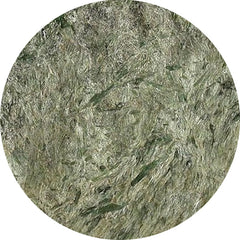 ACTINOLITE (4)
ACTINOLITE (4)
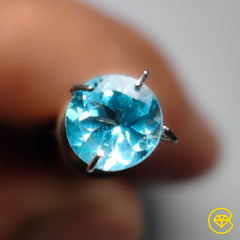 Affordable Gemstones (17452)
Affordable Gemstones (17452)
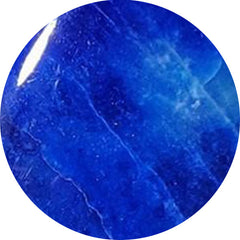 AFGHANITE (10)
AFGHANITE (10)
 AGATE (2613)
AGATE (2613)
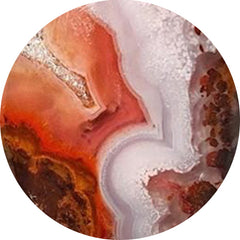 AGUA NUEVA (11)
AGUA NUEVA (11)
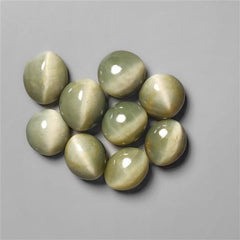 All Gemstones (4)
All Gemstones (4)
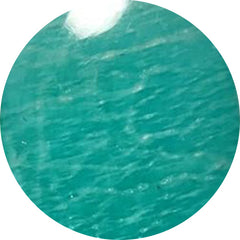 AMAZONITE (187)
AMAZONITE (187)
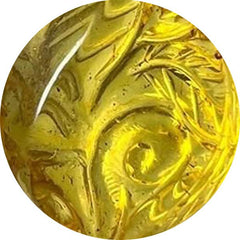 AMBER (136)
AMBER (136)
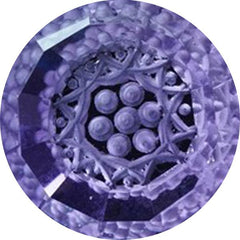 Amethyst (558)
Amethyst (558)
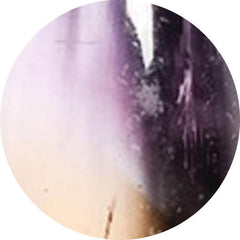 AMETRINE (0)
AMETRINE (0)
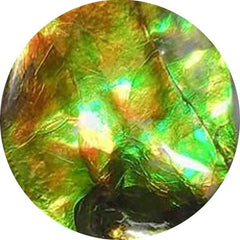 AMMOLITE (24)
AMMOLITE (24)
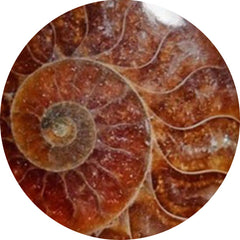 AMMONITE (84)
AMMONITE (84)
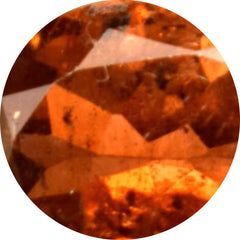 ANDALUSITE (1)
ANDALUSITE (1)
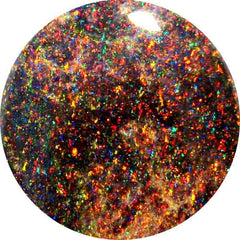 ANDAMOOKA OPAL (0)
ANDAMOOKA OPAL (0)
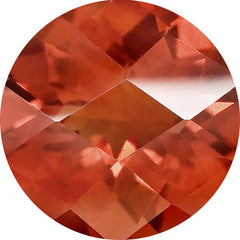 ANDESINE (1)
ANDESINE (1)
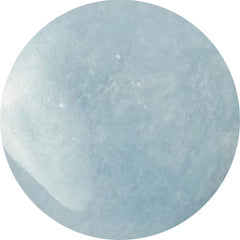 ANGELITE (32)
ANGELITE (32)
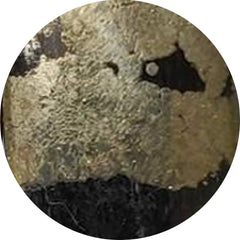 APACHE GOLD (24)
APACHE GOLD (24)
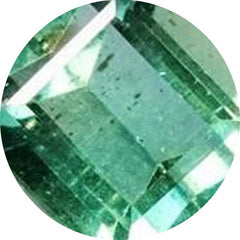 APATITE (127)
APATITE (127)
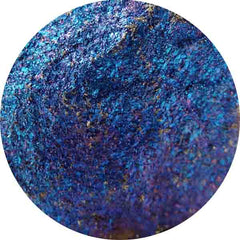 APOPHYLLITE (1)
APOPHYLLITE (1)
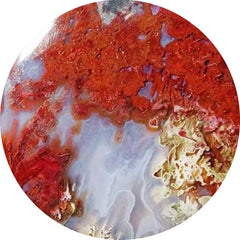 APPLE VALLEY AGATE (0)
APPLE VALLEY AGATE (0)
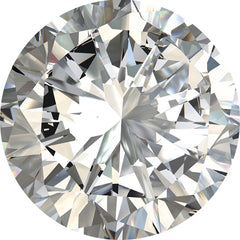 APRIL BIRTHSTONE (42)
APRIL BIRTHSTONE (42)
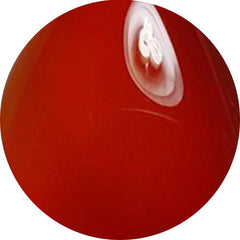 AQEEQ (0)
AQEEQ (0)
 AQUA CHALCEDONY (24)
AQUA CHALCEDONY (24)
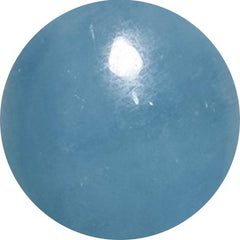 AQUAMARINE (103)
AQUAMARINE (103)
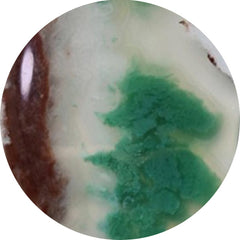 AQUAPRASE (63)
AQUAPRASE (63)
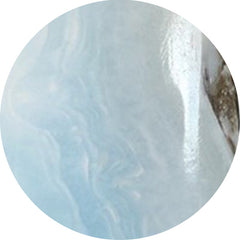 ARAGONITE (2)
ARAGONITE (2)
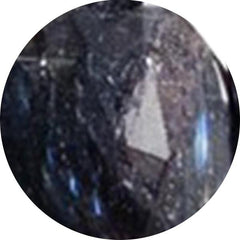 ARFVEDSONITE (12)
ARFVEDSONITE (12)
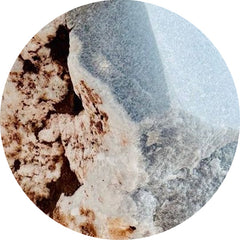 ARISTOLITE (0)
ARISTOLITE (0)
 ARIZONA TURQUOISE (0)
ARIZONA TURQUOISE (0)
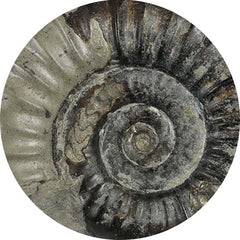 ARNIOCERAS SEMICOSTATUM FOSSIL (0)
ARNIOCERAS SEMICOSTATUM FOSSIL (0)
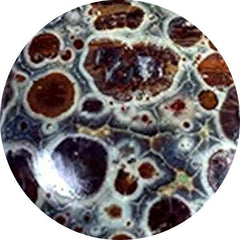 ASTEROID JASPER (11)
ASTEROID JASPER (11)
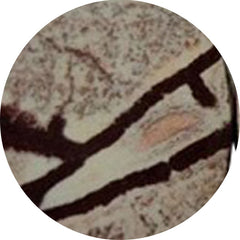 ASTROPHYLLITE (57)
ASTROPHYLLITE (57)
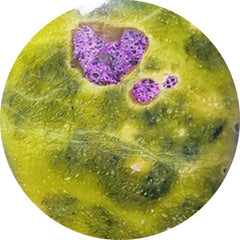 ATLANTASITE (92)
ATLANTASITE (92)
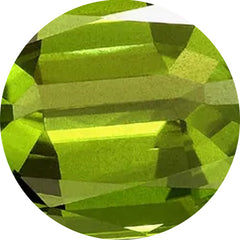 AUGUST BIRTHSTONE (24)
AUGUST BIRTHSTONE (24)
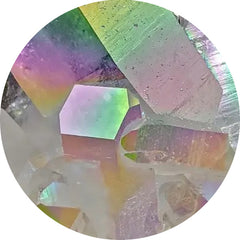 AURA QUARTZ (0)
AURA QUARTZ (0)
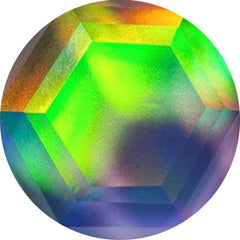 AURORA OPAL (274)
AURORA OPAL (274)
 AUSTRALIAN OPAL (7)
AUSTRALIAN OPAL (7)
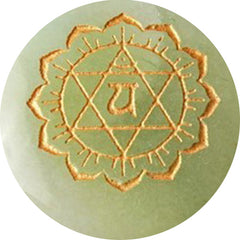 AVENTURINE (70)
AVENTURINE (70)
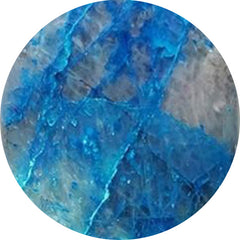 AZURITE (285)
AZURITE (285)
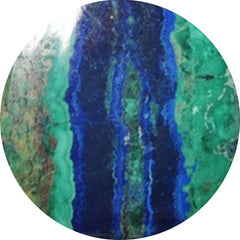 AZURITE MALACHITE (27)
AZURITE MALACHITE (27)
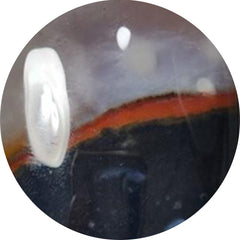 BANDED AGATE (85)
BANDED AGATE (85)
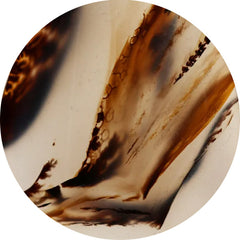 BARBER AGATE (0)
BARBER AGATE (0)
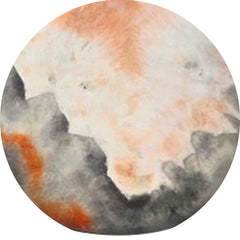 BARITE (13)
BARITE (13)
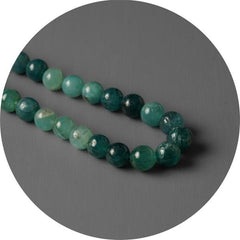 Beads (56)
Beads (56)
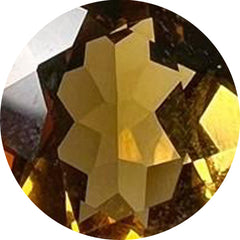 BEER QUARTZ (24)
BEER QUARTZ (24)
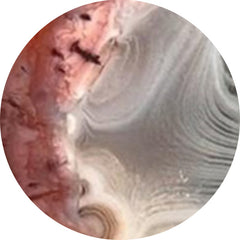 BERBER AGATE (5)
BERBER AGATE (5)
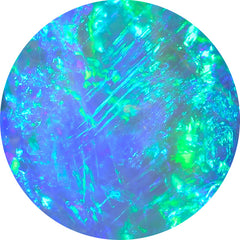 Best Seller (0)
Best Seller (0)
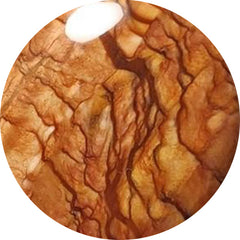 BIGGS JASPER (34)
BIGGS JASPER (34)
 Bird Carving (91)
Bird Carving (91)
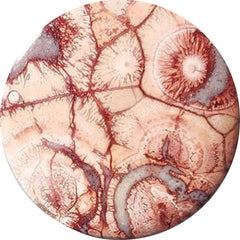 BIRD EYE JASPER (50)
BIRD EYE JASPER (50)
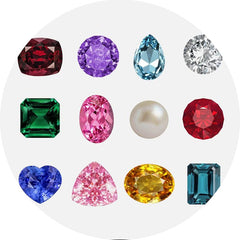 Birthstones (0)
Birthstones (0)
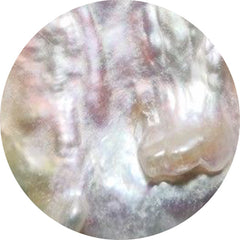 BIWA PEARL (37)
BIWA PEARL (37)
 Black Gemstones (957)
Black Gemstones (957)
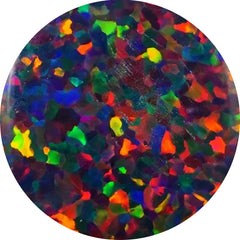 BLACK OPAL (35)
BLACK OPAL (35)
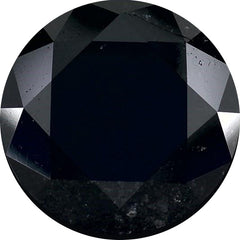 BLACK SPINEL (23)
BLACK SPINEL (23)
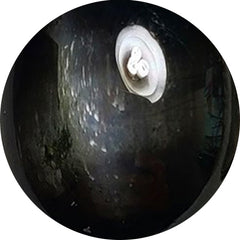 BLACK STAR (32)
BLACK STAR (32)
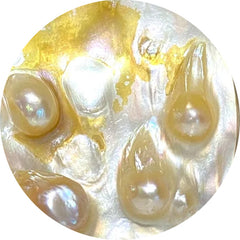 BLISTER PEARL (32)
BLISTER PEARL (32)
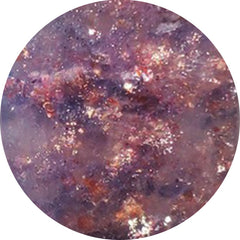 BLOODSHOT IOLITE (77)
BLOODSHOT IOLITE (77)
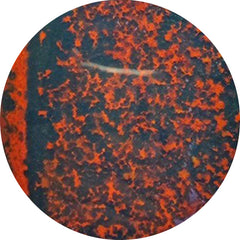 BLOODSTONE (71)
BLOODSTONE (71)
 BLUE CHALCEDONY (44)
BLUE CHALCEDONY (44)
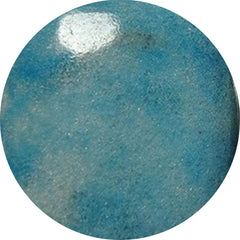 BLUE DIOPSIDE (0)
BLUE DIOPSIDE (0)
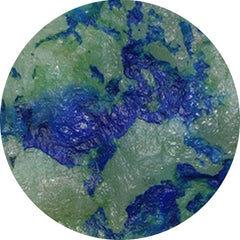 BLUE HORIZON (15)
BLUE HORIZON (15)
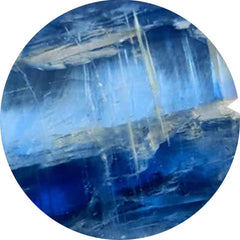 BLUE KYANITE (41)
BLUE KYANITE (41)
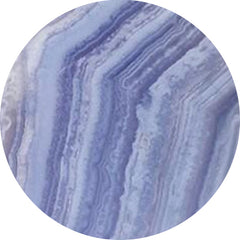 BLUE LACE AGATE (266)
BLUE LACE AGATE (266)
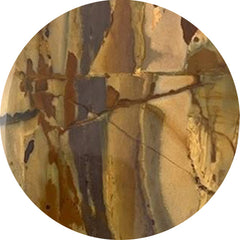 BLUE MOUNTAIN JASPER (0)
BLUE MOUNTAIN JASPER (0)
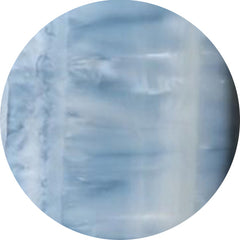 BLUE OPAL (169)
BLUE OPAL (169)
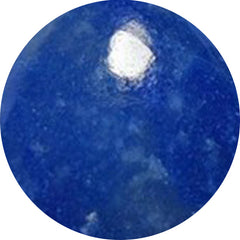 BLUE QUARTZ (40)
BLUE QUARTZ (40)
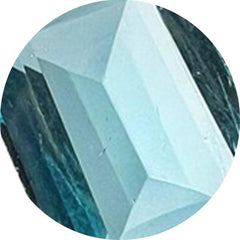 BLUE TOPAZ (65)
BLUE TOPAZ (65)
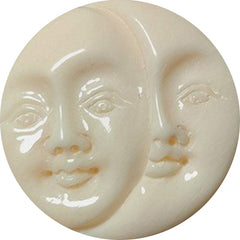 BONE (24)
BONE (24)
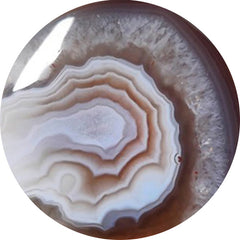 BOTSWANA AGATE (251)
BOTSWANA AGATE (251)
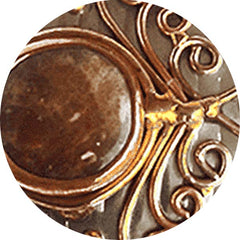 BRONZE (0)
BRONZE (0)
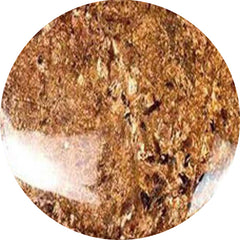 BRONZITE (2)
BRONZITE (2)
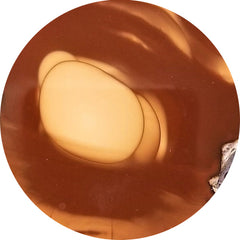 BRUNEAU JASPER (15)
BRUNEAU JASPER (15)
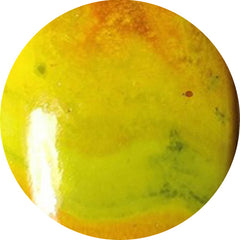 BUMBLE BEE JASPER (211)
BUMBLE BEE JASPER (211)
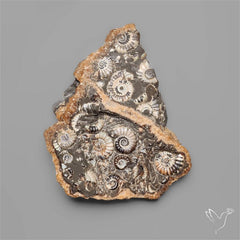 Buy Gemstones In USA (583)
Buy Gemstones In USA (583)
 Cabochon (0)
Cabochon (0)
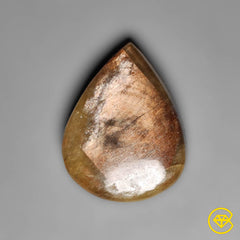 Cabochons (13153)
Cabochons (13153)
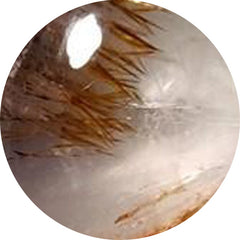 CACOXENITE (67)
CACOXENITE (67)
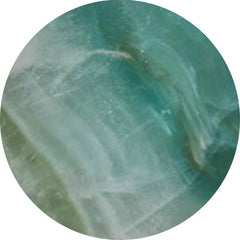 CALCITE (190)
CALCITE (190)
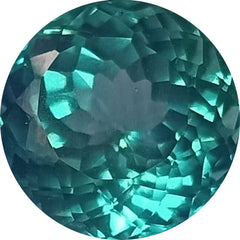 Calibrated (153)
Calibrated (153)
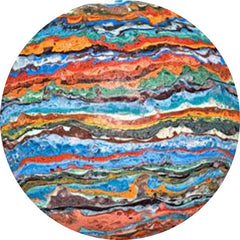 CALSILICA (0)
CALSILICA (0)
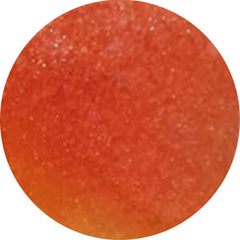 CANDY CORN (6)
CANDY CORN (6)
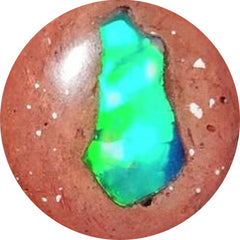 CANTERA OPAL (18)
CANTERA OPAL (18)
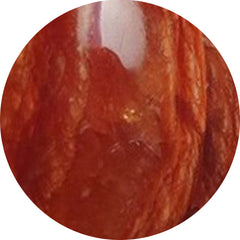 CARAMEL OPAL (3)
CARAMEL OPAL (3)
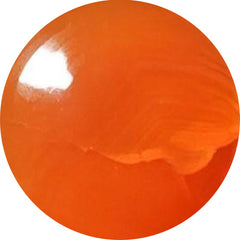 CARNELIAN AGATE (64)
CARNELIAN AGATE (64)
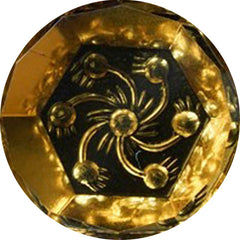 CARVING (1834)
CARVING (1834)
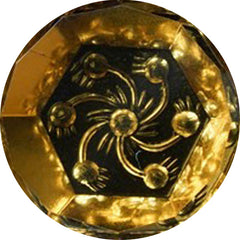 Carvings (2081)
Carvings (2081)
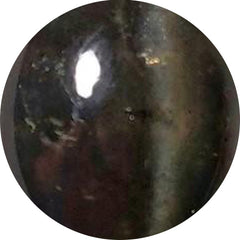 CATS EYE (65)
CATS EYE (65)
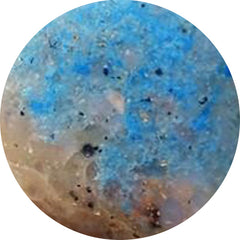 CAVANSITE (16)
CAVANSITE (16)
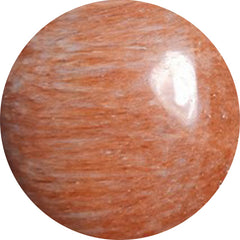 CELESTOBARITE (7)
CELESTOBARITE (7)
 CERULEITE (0)
CERULEITE (0)
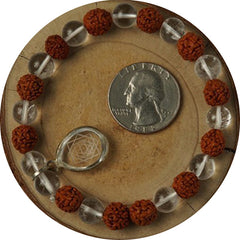 CHAKRA STONE (1)
CHAKRA STONE (1)
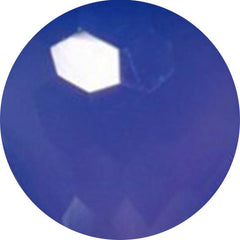 CHALCEDONY (478)
CHALCEDONY (478)
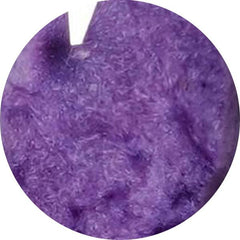 CHAROITE (190)
CHAROITE (190)
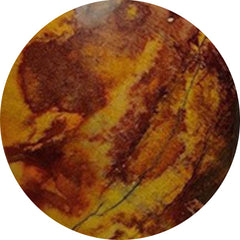 CHERRY CREEK JASPER (10)
CHERRY CREEK JASPER (10)
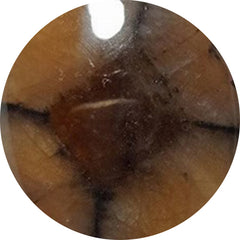 CHIASTOLITE (19)
CHIASTOLITE (19)
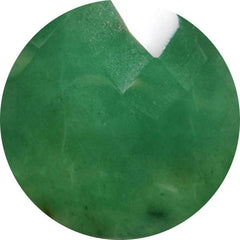 CHROME CHALCEDONY (80)
CHROME CHALCEDONY (80)
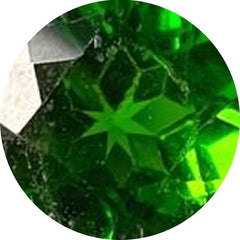 CHROME DIOPSIDE (23)
CHROME DIOPSIDE (23)
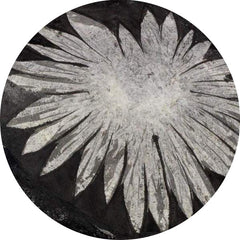 CHRYSANTHEMUM FOSSIL (0)
CHRYSANTHEMUM FOSSIL (0)
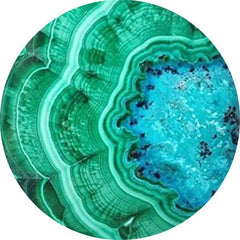 CHRYSOCOLLA (383)
CHRYSOCOLLA (383)
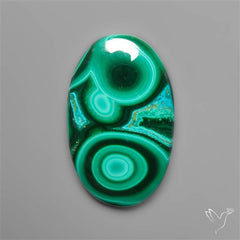 Chrysocolla Malachite (78)
Chrysocolla Malachite (78)
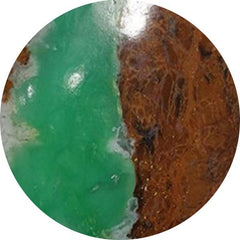 CHRYSOPRASE (286)
CHRYSOPRASE (286)
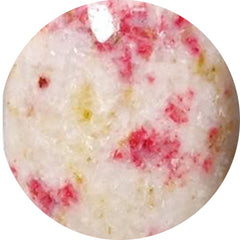 CINNABAR (20)
CINNABAR (20)
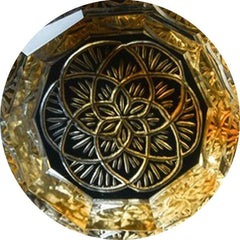 CITRINE (94)
CITRINE (94)
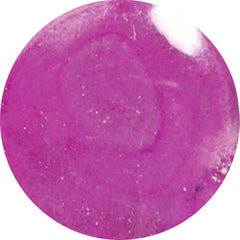 COBALTO CALCITE (67)
COBALTO CALCITE (67)
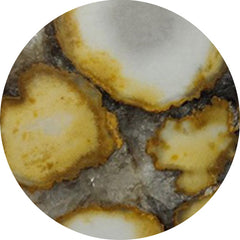 COBRA JASPER (30)
COBRA JASPER (30)
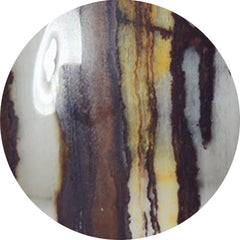 COCONUT JASPER (2)
COCONUT JASPER (2)
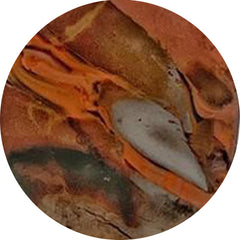 COFFEE BEAN JASPER (2)
COFFEE BEAN JASPER (2)
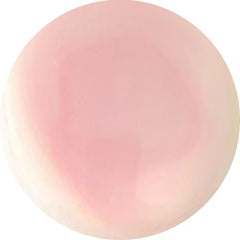 CONCH SHELL (9)
CONCH SHELL (9)
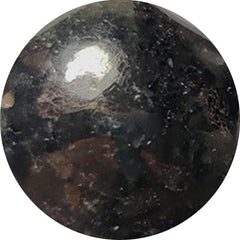 COPPERNITE (0)
COPPERNITE (0)
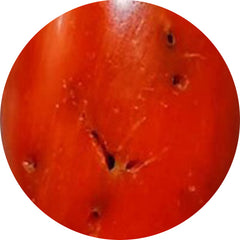 CORAL (349)
CORAL (349)
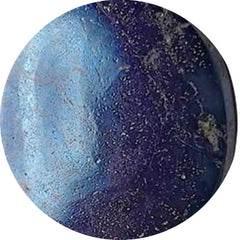 COVELLITE (8)
COVELLITE (8)
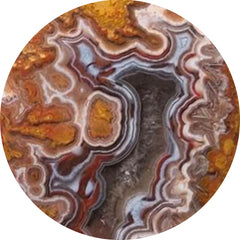 CRAZY LACE AGATE (193)
CRAZY LACE AGATE (193)
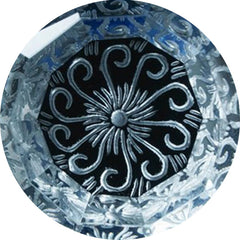 CRYSTAL (222)
CRYSTAL (222)
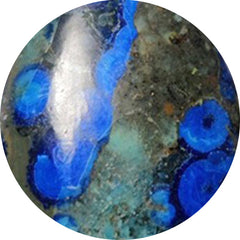 CUPRITE (32)
CUPRITE (32)
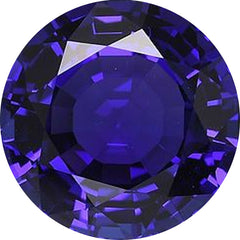 DECEMBER BIRTHSTONE (65)
DECEMBER BIRTHSTONE (65)
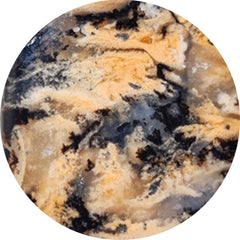 DENDRITIC AGATE (488)
DENDRITIC AGATE (488)
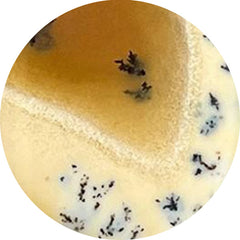 DENDRITIC OPAL (83)
DENDRITIC OPAL (83)
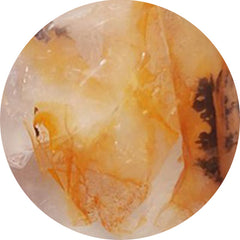 DENDRITIC QUARTZ (2)
DENDRITIC QUARTZ (2)
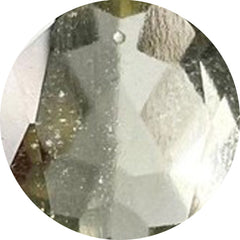 DESERT GLASS (9)
DESERT GLASS (9)
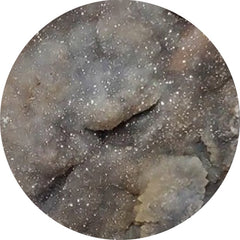 DESERT JASPER DRUZY (14)
DESERT JASPER DRUZY (14)
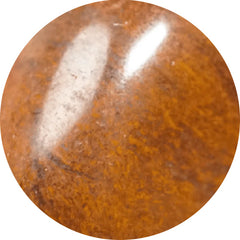 DESERT SUNSET JASPER (9)
DESERT SUNSET JASPER (9)
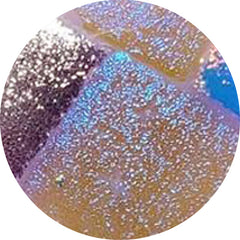 DICHROIC GLASS (144)
DICHROIC GLASS (144)
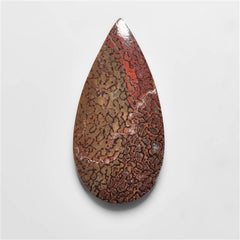 DINOSAUR BONE FOSSIL (15)
DINOSAUR BONE FOSSIL (15)
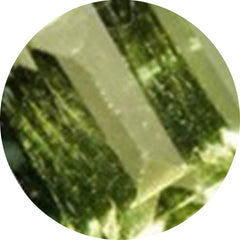 DIOPSIDE (57)
DIOPSIDE (57)
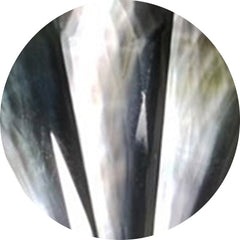 Doublets (845)
Doublets (845)
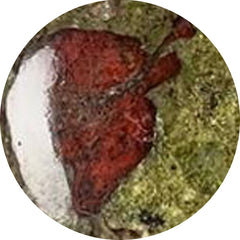 DRAGONBLOOD JASPER (1)
DRAGONBLOOD JASPER (1)
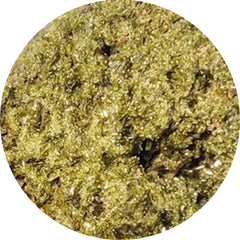 DRUZY (404)
DRUZY (404)
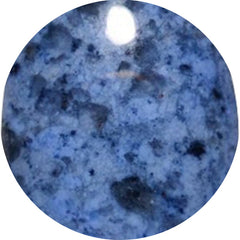 DUMORTIERITE (62)
DUMORTIERITE (62)
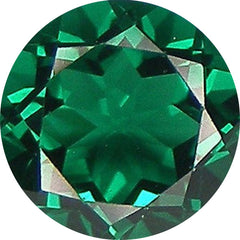 EMERALD (66)
EMERALD (66)
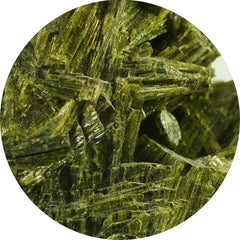 EPIDOTE (10)
EPIDOTE (10)
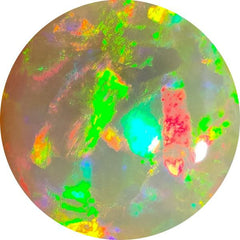 ETHIOPIAN OPAL (43)
ETHIOPIAN OPAL (43)
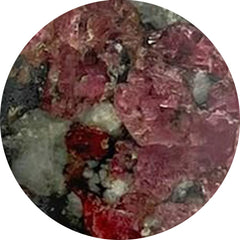 EUDIALYTE (18)
EUDIALYTE (18)
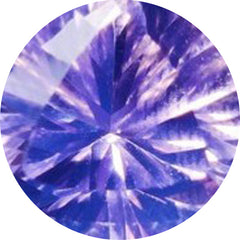 FACETED ROSE CUT (2030)
FACETED ROSE CUT (2030)
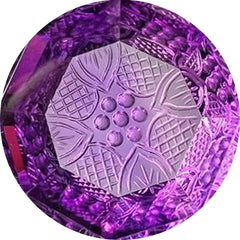 FANTASY CUTS (54)
FANTASY CUTS (54)
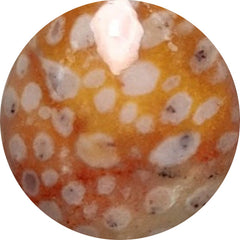 FAWN JASPER (14)
FAWN JASPER (14)
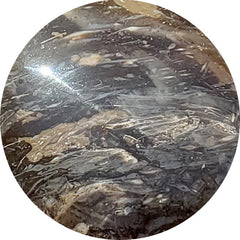 FEATHER AGATE (0)
FEATHER AGATE (0)
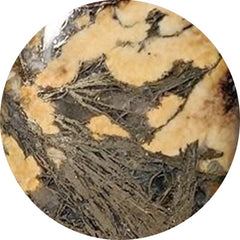 FEATHER PYRITE (38)
FEATHER PYRITE (38)
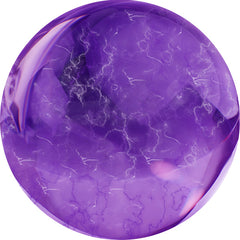 FEBRUARY BIRTHSTONE (558)
FEBRUARY BIRTHSTONE (558)
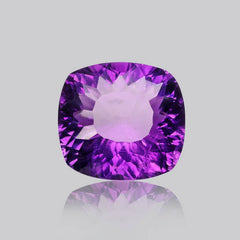 Fine Amethyst (27)
Fine Amethyst (27)
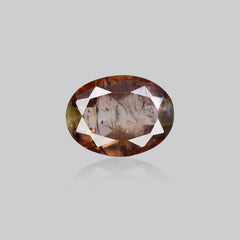 Fine Andalusite (1)
Fine Andalusite (1)
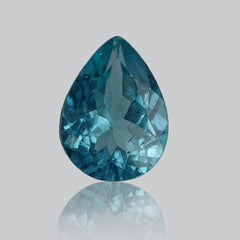 Fine Apatite (7)
Fine Apatite (7)
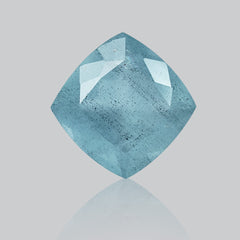 Fine Aquamarine (10)
Fine Aquamarine (10)
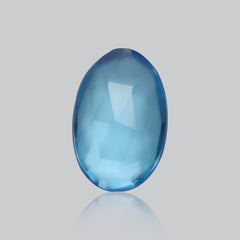 Fine Blue Topaz (42)
Fine Blue Topaz (42)
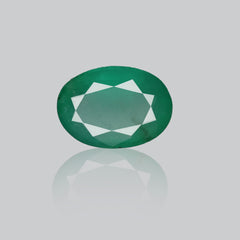 Fine Emerald (13)
Fine Emerald (13)
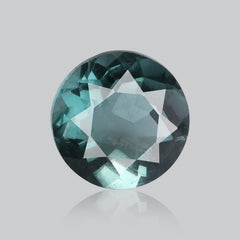 Fine Fluorite (12)
Fine Fluorite (12)
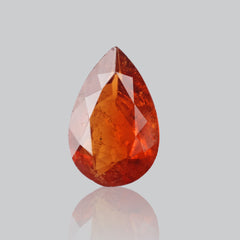 Fine Garnet (27)
Fine Garnet (27)
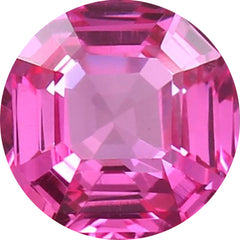 Fine Gemstone (0)
Fine Gemstone (0)
 Fine Iolite (10)
Fine Iolite (10)
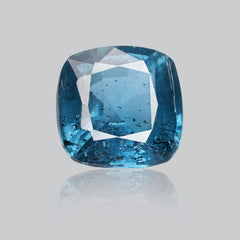 Fine Kyanite (30)
Fine Kyanite (30)
 Fine Moonstone (12)
Fine Moonstone (12)
 Fine Peridot (21)
Fine Peridot (21)
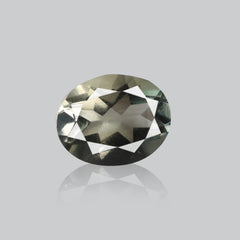 Fine Prasiolite (27)
Fine Prasiolite (27)
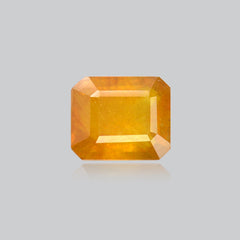 Fine Sapphire (1)
Fine Sapphire (1)
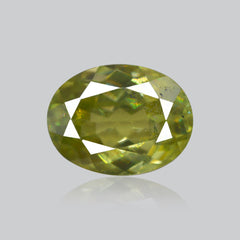 Fine Sphene (17)
Fine Sphene (17)
 Fine Sunstone (5)
Fine Sunstone (5)
 Fine Tanzanite (27)
Fine Tanzanite (27)
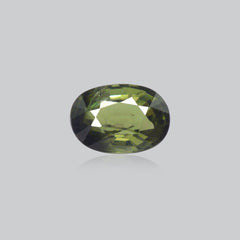 Fine Tourmaline (4)
Fine Tourmaline (4)
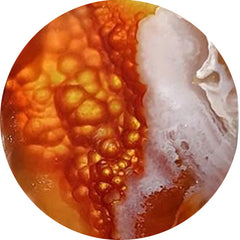 FIRE AGATE (7)
FIRE AGATE (7)
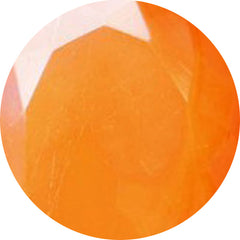 FIRE OPALS (8)
FIRE OPALS (8)
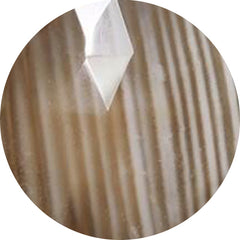 FLINT STONE (10)
FLINT STONE (10)
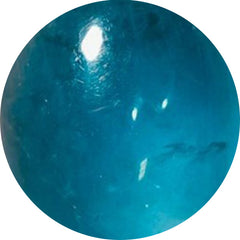 FLUORITE (186)
FLUORITE (186)
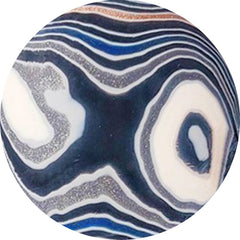 FORDITE (58)
FORDITE (58)
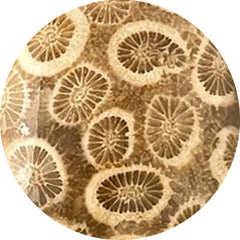 FOSSIL CORAL (301)
FOSSIL CORAL (301)
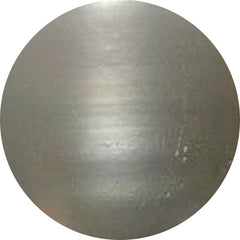 FOSSIL MARSTON MARBLE (24)
FOSSIL MARSTON MARBLE (24)
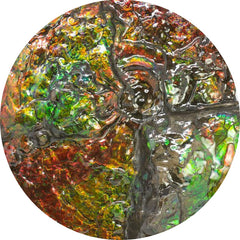 Fossils (538)
Fossils (538)
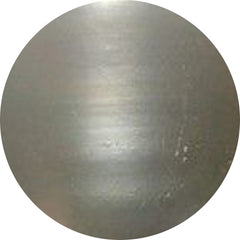 FRESHWATER PEARL (23)
FRESHWATER PEARL (23)
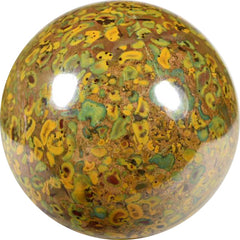 FRUIT JASPER (14)
FRUIT JASPER (14)
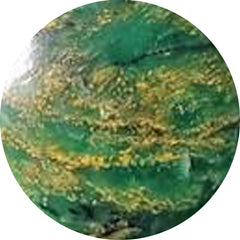 FUCHSITE (7)
FUCHSITE (7)
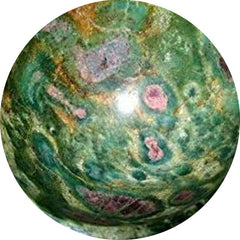 FUSCHITE (11)
FUSCHITE (11)
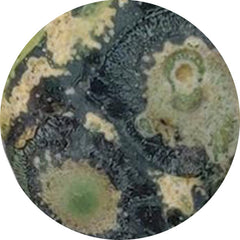 GALAXY JASPER (3)
GALAXY JASPER (3)
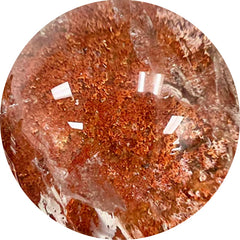 GARDEN QUARTZ (6)
GARDEN QUARTZ (6)
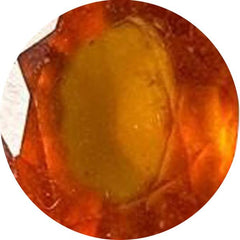 GARNET (121)
GARNET (121)
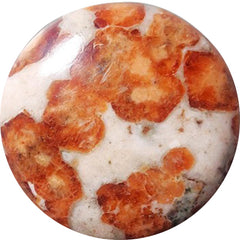 GARNET IN LIMESTONE (36)
GARNET IN LIMESTONE (36)
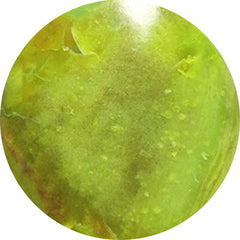 GASPEITE (22)
GASPEITE (22)
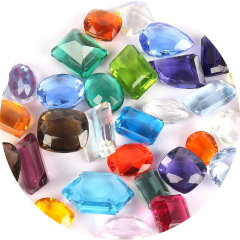 GEMSTONE LOTS (461)
GEMSTONE LOTS (461)
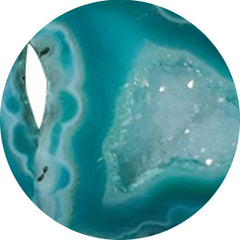 GEODE (17)
GEODE (17)
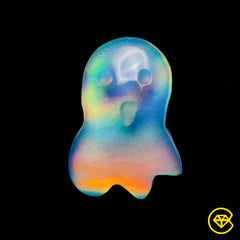 Ghost carving (66)
Ghost carving (66)
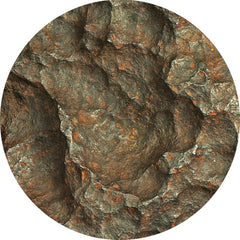 GIBEON METEORITE (29)
GIBEON METEORITE (29)
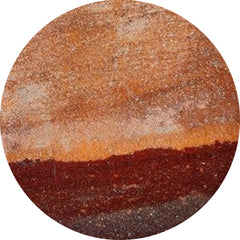 GILA MONSTER AGATE (16)
GILA MONSTER AGATE (16)
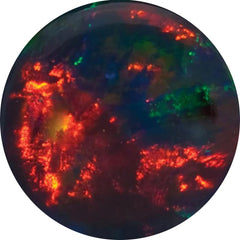 GILSON OPAL (23)
GILSON OPAL (23)
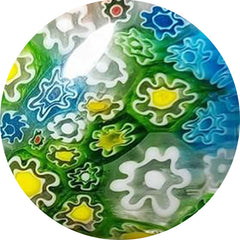 GLASS (163)
GLASS (163)
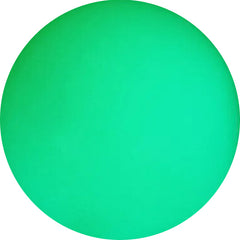 GLOW STONE (15)
GLOW STONE (15)
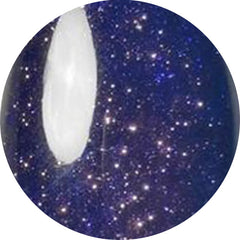 GOLDSTONE (36)
GOLDSTONE (36)
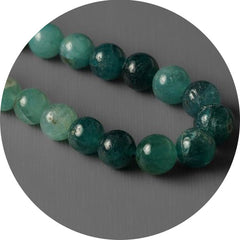 GRANDIDIERITE (8)
GRANDIDIERITE (8)
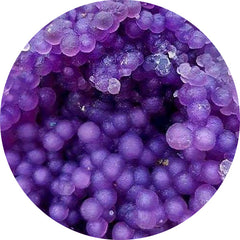 GRAPE AGATE (114)
GRAPE AGATE (114)
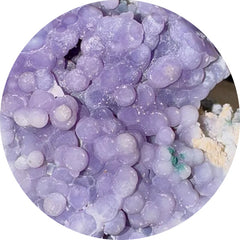 GRAPE CHALCEDONY (4)
GRAPE CHALCEDONY (4)
 Green Gemstones (421)
Green Gemstones (421)
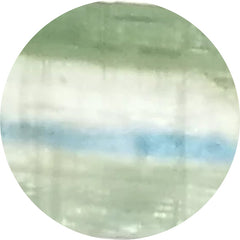 GREEN KYANITE (12)
GREEN KYANITE (12)
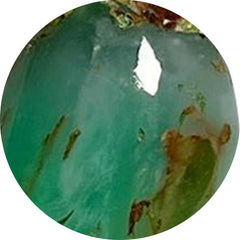 GREEN PRASE OPAL (12)
GREEN PRASE OPAL (12)
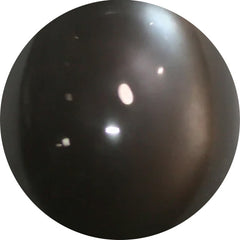 GREY MOONSTONE (31)
GREY MOONSTONE (31)
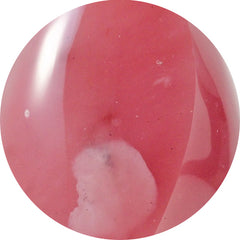 GUAVA QUARTZ (9)
GUAVA QUARTZ (9)
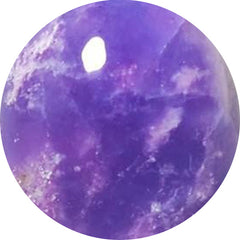 HACKMANITE (12)
HACKMANITE (12)
 HEART CARVING (345)
HEART CARVING (345)
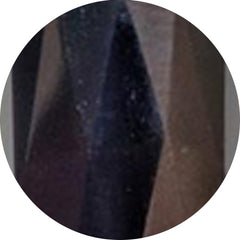 HEMATITE (37)
HEMATITE (37)
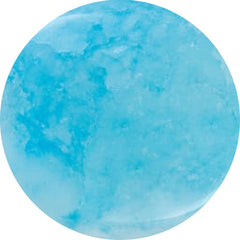 HEMIMORPHITE (55)
HEMIMORPHITE (55)
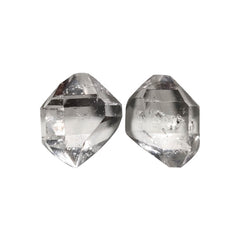 Herkimer Diamond (42)
Herkimer Diamond (42)
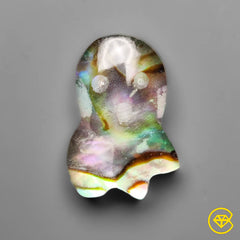 Himalayan Quartz (462)
Himalayan Quartz (462)
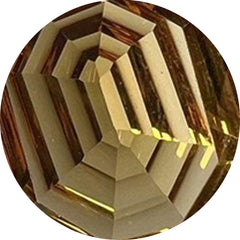 HONEY QUARTZ (20)
HONEY QUARTZ (20)
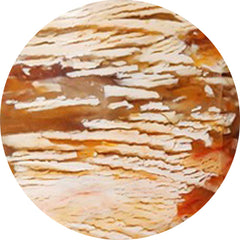 HOWARDITE OPAL (29)
HOWARDITE OPAL (29)
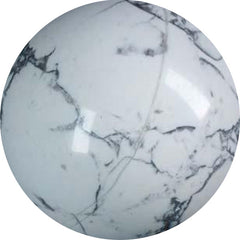 HOWLITE (4)
HOWLITE (4)
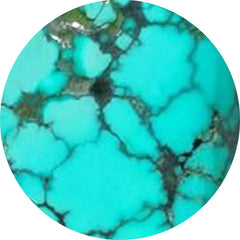 HUBEI TURQUOISE (64)
HUBEI TURQUOISE (64)
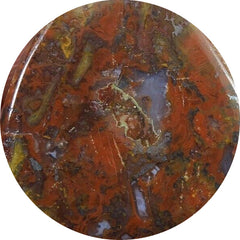 HUNGARIAN AGATE (1)
HUNGARIAN AGATE (1)
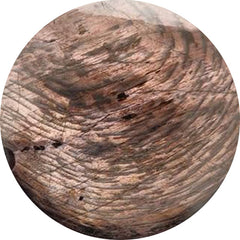 HYPERSTHENE (46)
HYPERSTHENE (46)
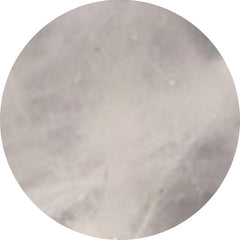 ICE QUARTZ (0)
ICE QUARTZ (0)
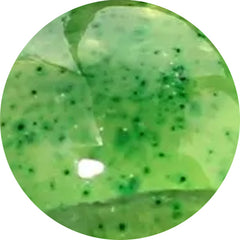 IDOCRASE (1)
IDOCRASE (1)
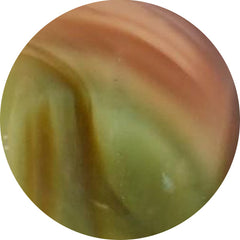 IMPERIAL JASPER (82)
IMPERIAL JASPER (82)
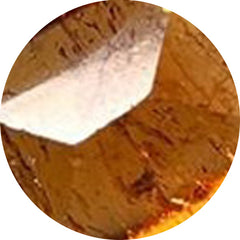 IMPERIAL TOPAZ (0)
IMPERIAL TOPAZ (0)
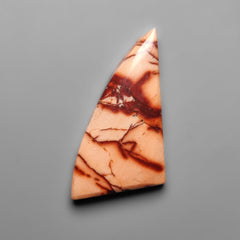 INDIAN PAINT STONE (5)
INDIAN PAINT STONE (5)
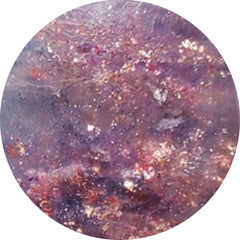 IOLITE (142)
IOLITE (142)
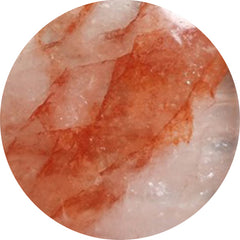 IRON QUARTZ (52)
IRON QUARTZ (52)
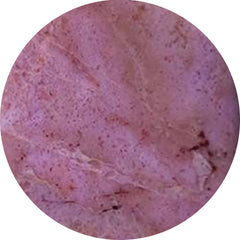 JADE (37)
JADE (37)
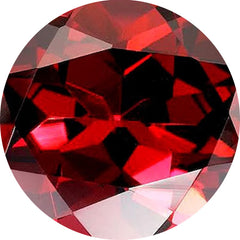 JANUARY BIRTHSTONE (121)
JANUARY BIRTHSTONE (121)
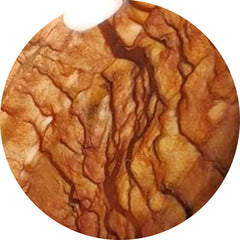 JASPERS (42)
JASPERS (42)
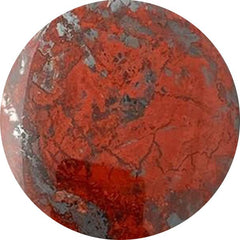 JASPILLITE (5)
JASPILLITE (5)
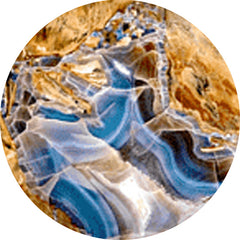 JAVA CHALCEDONY (16)
JAVA CHALCEDONY (16)
 JULY BIRTHSTONE (187)
JULY BIRTHSTONE (187)
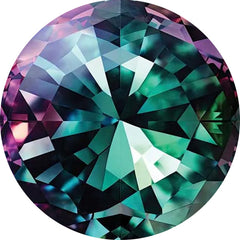 June Birthstones: Moonstone, Pearl, and Alexandrite (639)
June Birthstones: Moonstone, Pearl, and Alexandrite (639)
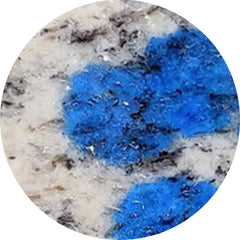 K2 JASPER (9)
K2 JASPER (9)
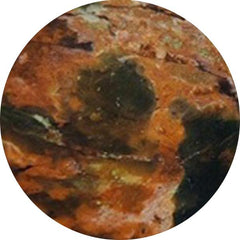 KALEIDOSCOPE AGATE (0)
KALEIDOSCOPE AGATE (0)
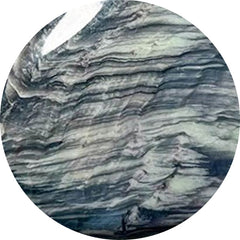 KAMMERERITE (108)
KAMMERERITE (108)
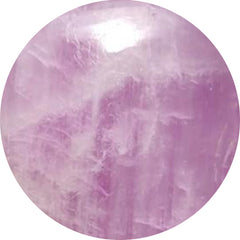 KUNZITE (7)
KUNZITE (7)
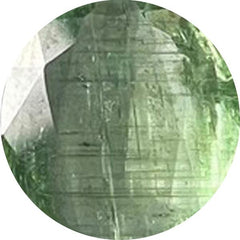 KYANITE (100)
KYANITE (100)
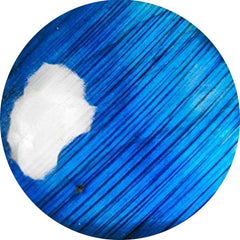 LABRADORITE (273)
LABRADORITE (273)
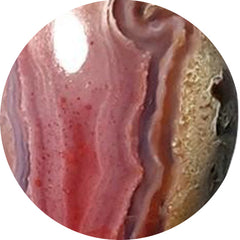 LAGUNA LACE AGATE (61)
LAGUNA LACE AGATE (61)
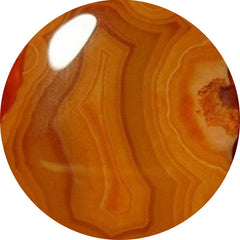 LAKE SUPERIOR AGATE (27)
LAKE SUPERIOR AGATE (27)
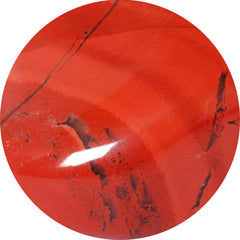 LANDSCAPE JASPER (0)
LANDSCAPE JASPER (0)
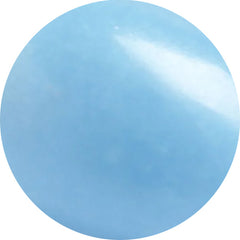 LANGITE (0)
LANGITE (0)
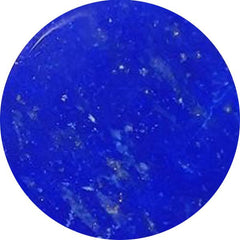 LAPIS LAZULI (177)
LAPIS LAZULI (177)
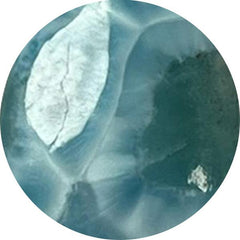 LARIMAR (103)
LARIMAR (103)
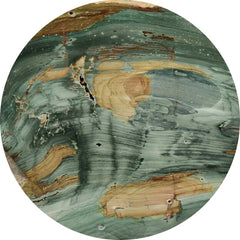 LARSONITE (19)
LARSONITE (19)
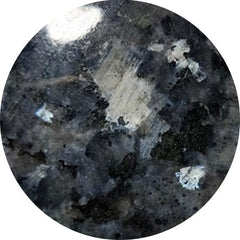 LARVIKITE FELDSPAR (46)
LARVIKITE FELDSPAR (46)
 LAVENDER CHALCEDONY (29)
LAVENDER CHALCEDONY (29)
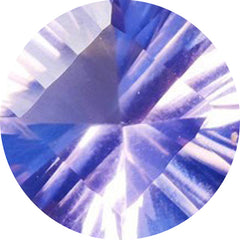 LAVENDER QUARTZ (5)
LAVENDER QUARTZ (5)
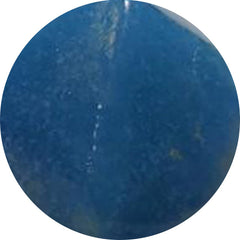 LAZULITE (8)
LAZULITE (8)
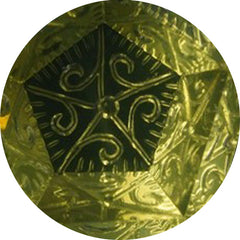 LEMON QUARTZ (45)
LEMON QUARTZ (45)
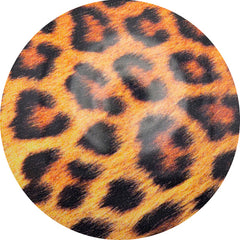 LEOPARD SKIN SHELL (0)
LEOPARD SKIN SHELL (0)
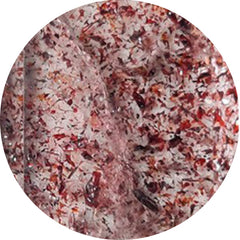 LEPIDOCROCITE (8)
LEPIDOCROCITE (8)
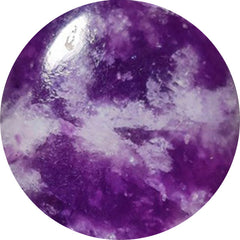 LEPIDOLITE (84)
LEPIDOLITE (84)
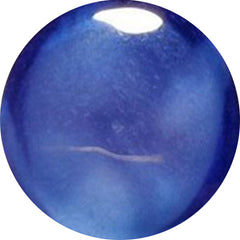 LINDY STAR SAPPHIRE (0)
LINDY STAR SAPPHIRE (0)
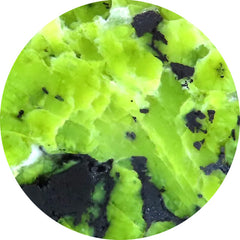 LIZARDITE (59)
LIZARDITE (59)
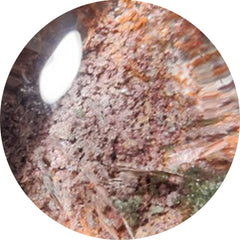 LODOLITE (95)
LODOLITE (95)
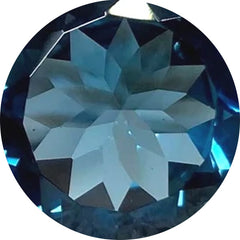 LONDON BLUE TOPAZ (22)
LONDON BLUE TOPAZ (22)
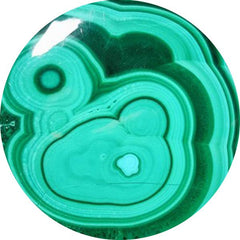 MALACHITE (611)
MALACHITE (611)
 Malawi Moonstone (15)
Malawi Moonstone (15)
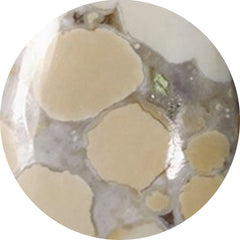 MALIGANO JASPER (73)
MALIGANO JASPER (73)
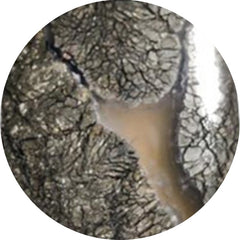 MARCASITE (28)
MARCASITE (28)
 MARCH BIRTHSTONE (103)
MARCH BIRTHSTONE (103)
 Marquise Shape Gemstones (7)
Marquise Shape Gemstones (7)
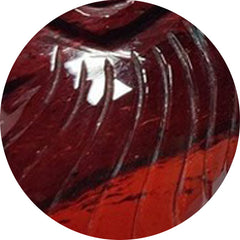 MARY ELLEN JASPER (0)
MARY ELLEN JASPER (0)
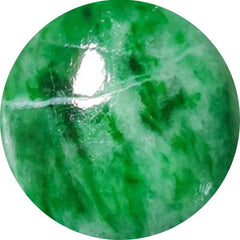 MAW SIT SIT (19)
MAW SIT SIT (19)
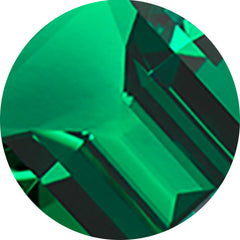 MAY BIRTHSTONE (66)
MAY BIRTHSTONE (66)
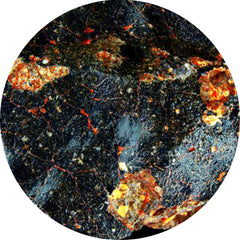 METEORITE (29)
METEORITE (29)
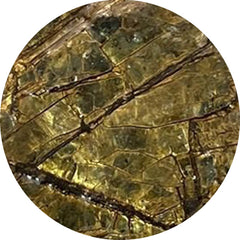 MICA (45)
MICA (45)
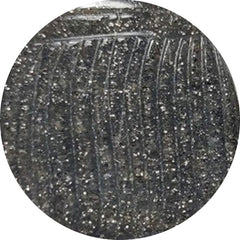 MIDNIGHT QUARTZITE (21)
MIDNIGHT QUARTZITE (21)
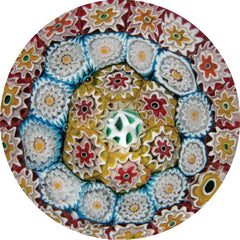 MILLEFIORI GLASS (2)
MILLEFIORI GLASS (2)
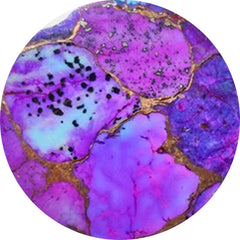 MOHAVE TURQUOISE (83)
MOHAVE TURQUOISE (83)
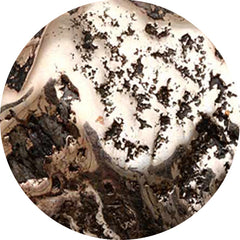 MOHAWKITES (0)
MOHAWKITES (0)
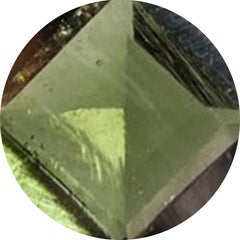 MOLDAVITE (27)
MOLDAVITE (27)
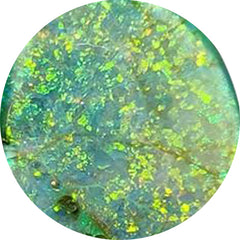 MONARCH OPAL (10)
MONARCH OPAL (10)
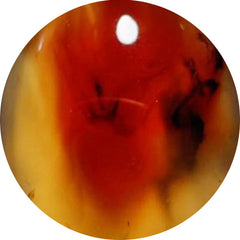 MONTANA AGATE (98)
MONTANA AGATE (98)
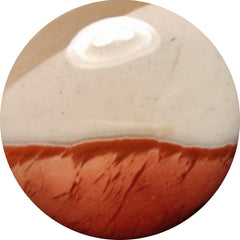 MOOKAITE (39)
MOOKAITE (39)
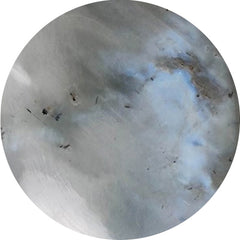 MOONSTONE (285)
MOONSTONE (285)
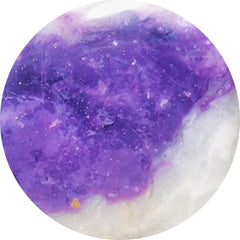 MORADO OPAL (1)
MORADO OPAL (1)
 Morenci Turquoise (0)
Morenci Turquoise (0)
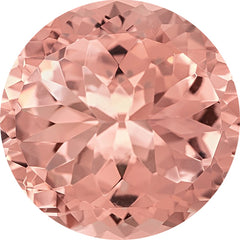 MORGANITE (0)
MORGANITE (0)
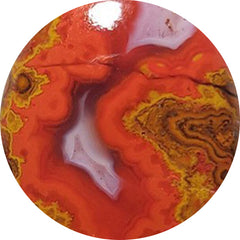 MOROCCAN SEAM AGATE (109)
MOROCCAN SEAM AGATE (109)
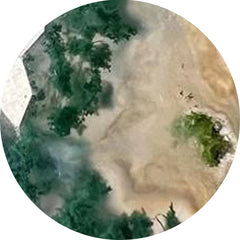 MOSS AGATE (415)
MOSS AGATE (415)
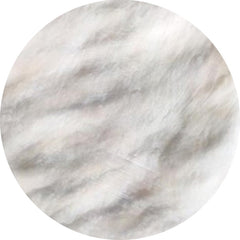 MOTHER OF PEARL (505)
MOTHER OF PEARL (505)
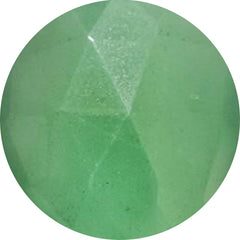 MTOROLITE (46)
MTOROLITE (46)
 Mughal Carving (526)
Mughal Carving (526)
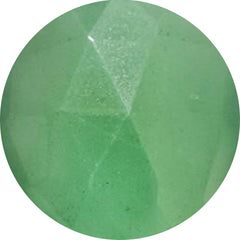 MUSCOVITE (21)
MUSCOVITE (21)
 MYSTIC QUARTZ (1)
MYSTIC QUARTZ (1)
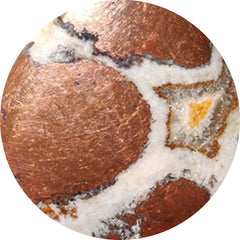 NATIVE COPPER (35)
NATIVE COPPER (35)
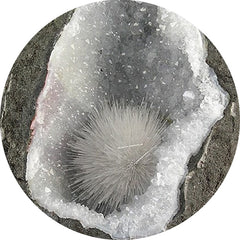 NATROLITE (27)
NATROLITE (27)
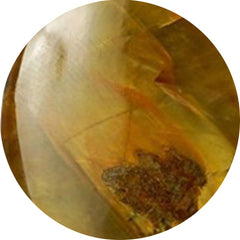 NELLITE (8)
NELLITE (8)
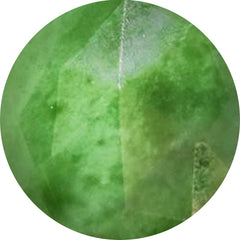 NEPHRITE JADE (4)
NEPHRITE JADE (4)
 New Arrivals (434)
New Arrivals (434)
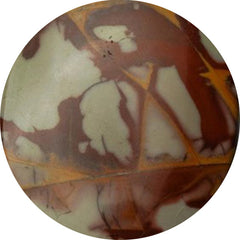 NOREENA JASPER (33)
NOREENA JASPER (33)
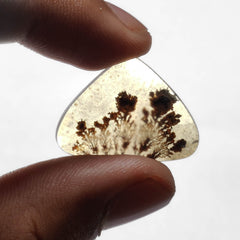 NOVEMBER BIRTHSTONE (93)
NOVEMBER BIRTHSTONE (93)
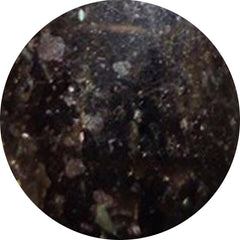 NUUMMITE (0)
NUUMMITE (0)
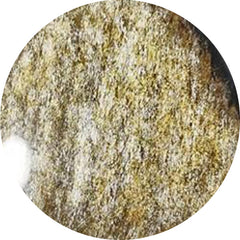 OBSIDIAN (371)
OBSIDIAN (371)
 OCEAN JASPER (289)
OCEAN JASPER (289)
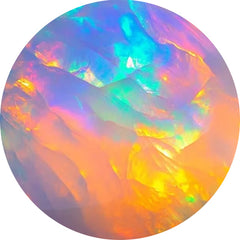 OCTOBER BIRTHSTONE (174)
OCTOBER BIRTHSTONE (174)
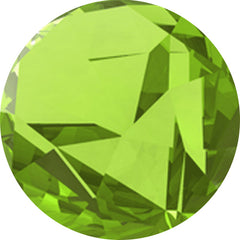 OLIVE QUARTZ (6)
OLIVE QUARTZ (6)
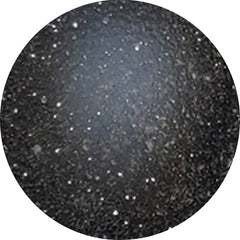 ONYX (294)
ONYX (294)
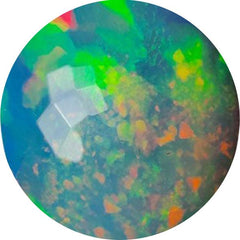 Opal (1041)
Opal (1041)
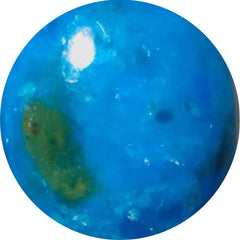 OPALINA (11)
OPALINA (11)
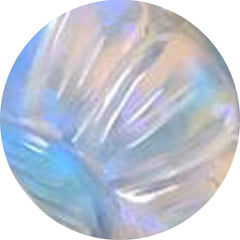 OPALITE (27)
OPALITE (27)
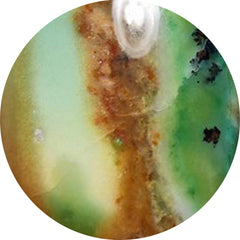 OPALWOOD (5)
OPALWOOD (5)
 Orange Gemstones (326)
Orange Gemstones (326)
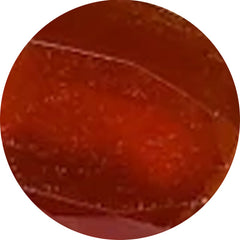 ORANGE KYANITE (3)
ORANGE KYANITE (3)
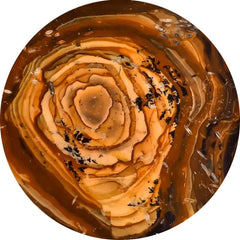 OREGON JASPER (7)
OREGON JASPER (7)
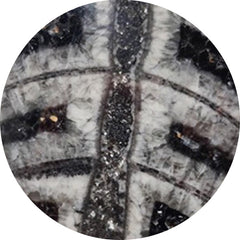 ORTHOCERAS FOSSIL (42)
ORTHOCERAS FOSSIL (42)
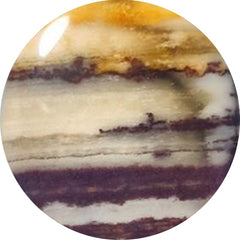 OUTBACK JASPER (5)
OUTBACK JASPER (5)
 Oval Shape Gemstones (10)
Oval Shape Gemstones (10)
 OVER $50 (193)
OVER $50 (193)
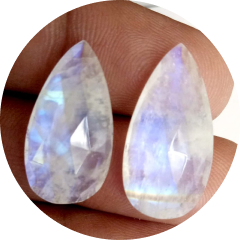 Pairs (1093)
Pairs (1093)
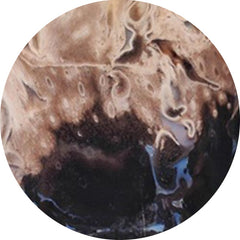 PALMROOT AGATE (62)
PALMROOT AGATE (62)
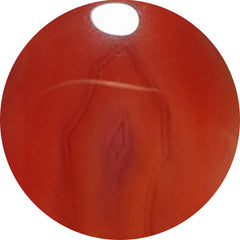 PASSION AGATE (1)
PASSION AGATE (1)
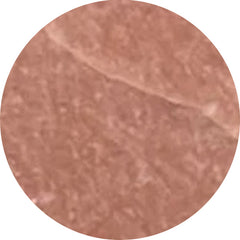 PEACH MOONSTONE (50)
PEACH MOONSTONE (50)
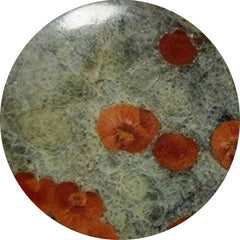 PEANUT OBSIDIAN (45)
PEANUT OBSIDIAN (45)
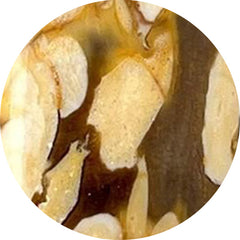 PEANUT WOOD JASPER (91)
PEANUT WOOD JASPER (91)
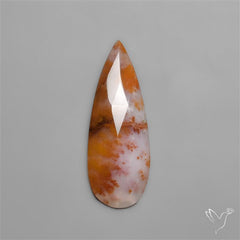 Pear Shape Gemstones (12)
Pear Shape Gemstones (12)
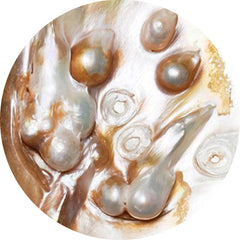 PEARL (639)
PEARL (639)
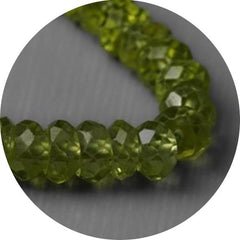 PERIDOT (24)
PERIDOT (24)
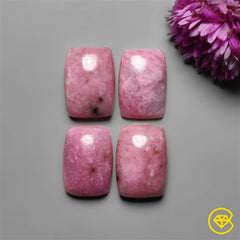 PETALITE (23)
PETALITE (23)
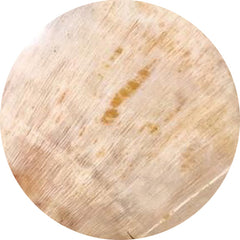 PETRIFIED WOOD (49)
PETRIFIED WOOD (49)
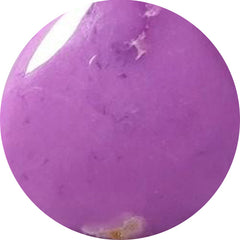 PHOSPHOSIDERITE (96)
PHOSPHOSIDERITE (96)
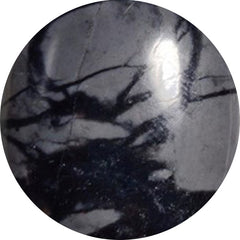 PICASSO JASPER (76)
PICASSO JASPER (76)
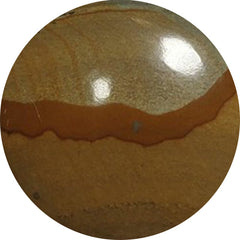 PICTURE JASPER (76)
PICTURE JASPER (76)
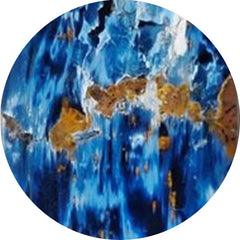 PIETERSITE (65)
PIETERSITE (65)
 Pink Gemstones (421)
Pink Gemstones (421)
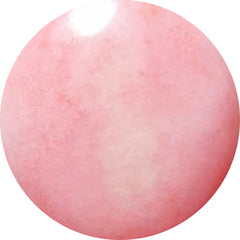 PINK OPAL (156)
PINK OPAL (156)
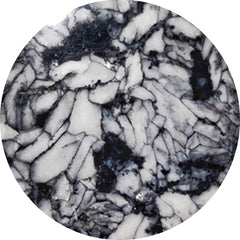 PINOLITH (38)
PINOLITH (38)
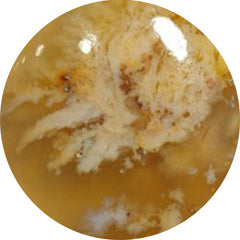 PLUME AGATE (98)
PLUME AGATE (98)
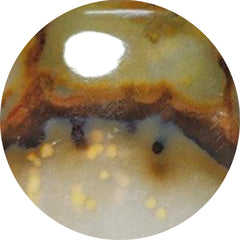 POLKA DOT AGATE (41)
POLKA DOT AGATE (41)
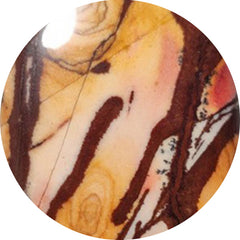 POLYCHROME JASPER (48)
POLYCHROME JASPER (48)
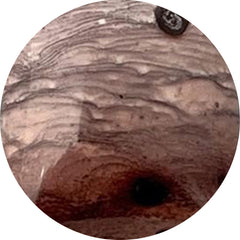 PORCELAIN JASPER (33)
PORCELAIN JASPER (33)
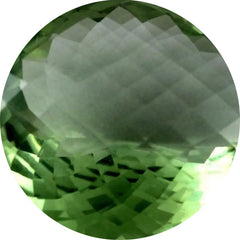 PRASIOLITE (48)
PRASIOLITE (48)
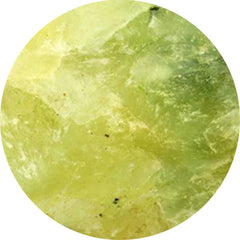 PREHNITE (24)
PREHNITE (24)
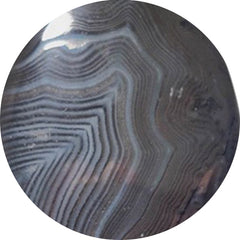 PSILOMELANE (24)
PSILOMELANE (24)
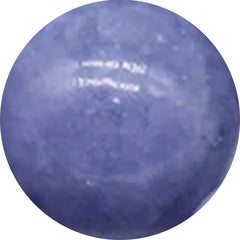 PURPLE CHALCEDONY (45)
PURPLE CHALCEDONY (45)
 Purple Gemstones (935)
Purple Gemstones (935)
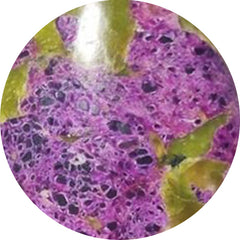 PURPURITE (9)
PURPURITE (9)
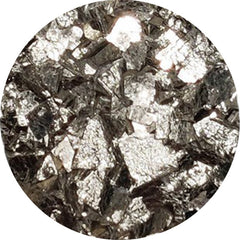 PYRITE (135)
PYRITE (135)
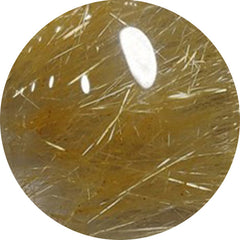 QUARTZ (125)
QUARTZ (125)
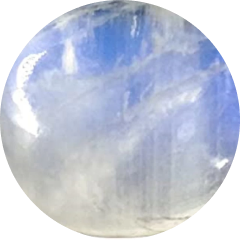 Rain Moonstones (0)
Rain Moonstones (0)
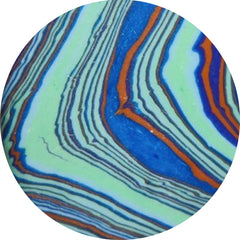 RAINBOW CALCILICA (13)
RAINBOW CALCILICA (13)
 RAINBOW MOONSTONE (76)
RAINBOW MOONSTONE (76)
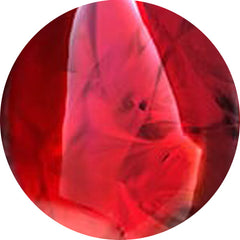 RED FOSSIL (0)
RED FOSSIL (0)
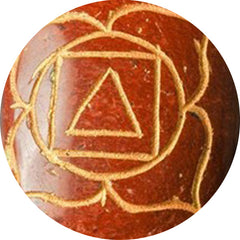 RED JASPER (3)
RED JASPER (3)
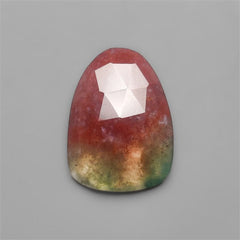 Red Moss Agate (87)
Red Moss Agate (87)
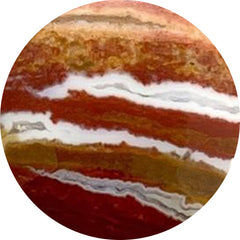 RED RIVER JASPER (16)
RED RIVER JASPER (16)
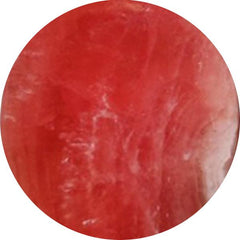 RHODOCHROSITE (361)
RHODOCHROSITE (361)
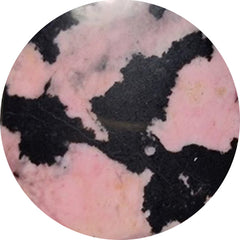 RHODONITE (83)
RHODONITE (83)
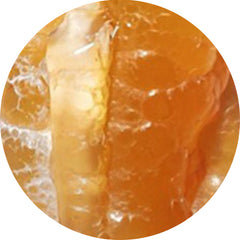 ROCK CHALCEDONY (2)
ROCK CHALCEDONY (2)
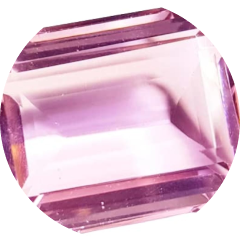 Rose Cut Gemstones (778)
Rose Cut Gemstones (778)
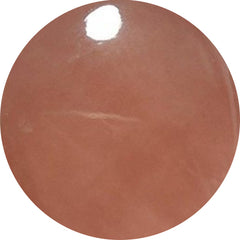 ROSE QUARTZ (58)
ROSE QUARTZ (58)
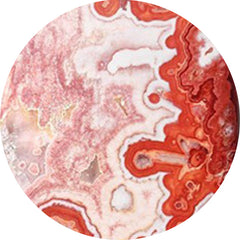 ROSITA JASPER (12)
ROSITA JASPER (12)
 Round Shape Gemstones (10)
Round Shape Gemstones (10)
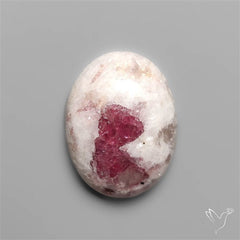 Rubellite (16)
Rubellite (16)
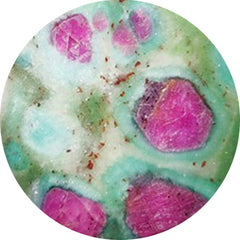 RUBY IN FUCHSITE (6)
RUBY IN FUCHSITE (6)
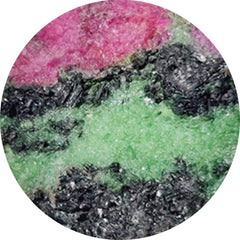 RUBY IN ZOISITE (96)
RUBY IN ZOISITE (96)
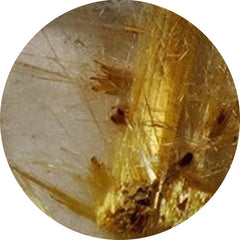 RUTILATED QUARTZ (258)
RUTILATED QUARTZ (258)
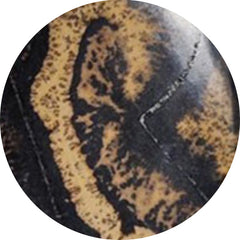 SAGE BRUSH JASPER (0)
SAGE BRUSH JASPER (0)
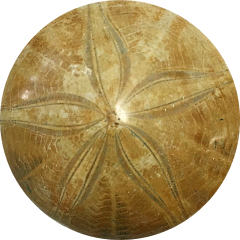 SAND DOLLAR FOSSIL (4)
SAND DOLLAR FOSSIL (4)
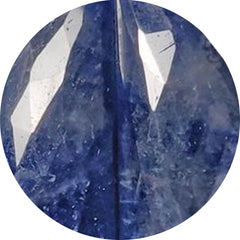 SAPPHIRE (43)
SAPPHIRE (43)
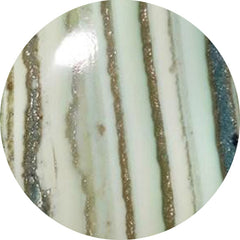 SATURN CHALCEDONY (61)
SATURN CHALCEDONY (61)
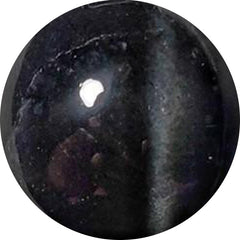 SCAPOLITE (13)
SCAPOLITE (13)
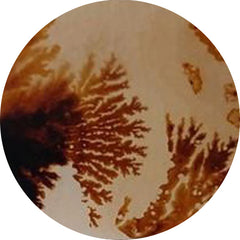 SCENIC AGATE (120)
SCENIC AGATE (120)
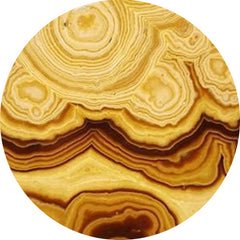 SCHALENBLENDE (102)
SCHALENBLENDE (102)
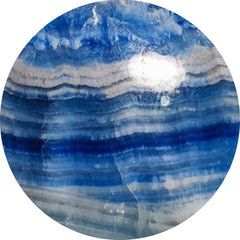 SCHEELITE (37)
SCHEELITE (37)
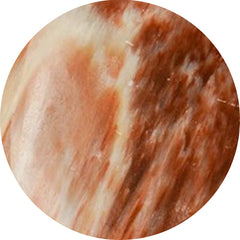 SCOLECITE (51)
SCOLECITE (51)
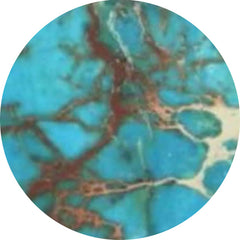 SEA SEDIMENT JASPER (1)
SEA SEDIMENT JASPER (1)
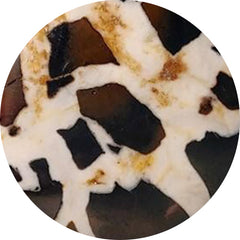 SEPTARIAN (96)
SEPTARIAN (96)
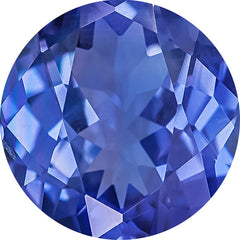 SEPTEMBER BIRTHSTONE (179)
SEPTEMBER BIRTHSTONE (179)
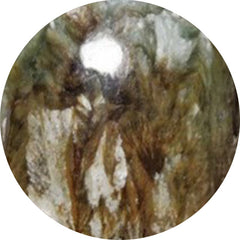 SERAPHINITE (75)
SERAPHINITE (75)
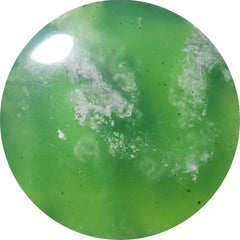 SERPENTINE (182)
SERPENTINE (182)
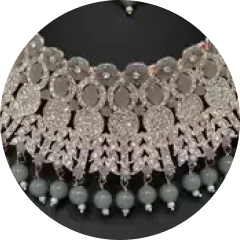 SETS (0)
SETS (0)
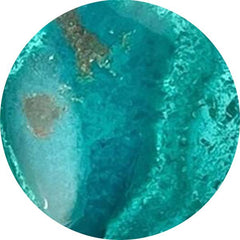 SHATTUCKITE (289)
SHATTUCKITE (289)
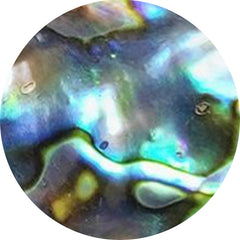 SHELL (281)
SHELL (281)
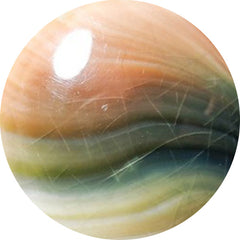 SHIVA EYE SHELL (48)
SHIVA EYE SHELL (48)
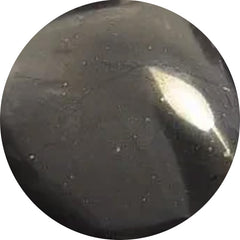 SHUNGITE (5)
SHUNGITE (5)
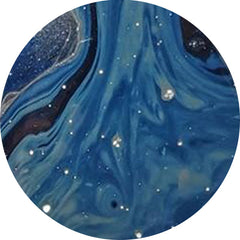 SIEBER AGATE (0)
SIEBER AGATE (0)
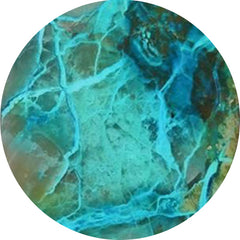 SILICA (4)
SILICA (4)
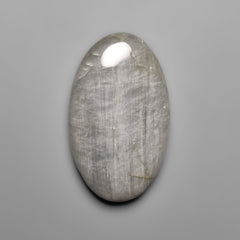 Silver Leaf Jasper (9)
Silver Leaf Jasper (9)
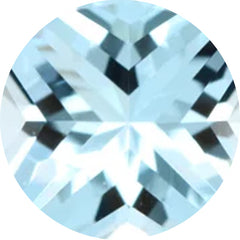 SKY BLUE TOPAZ (6)
SKY BLUE TOPAZ (6)
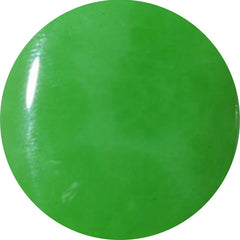 SMITHSONITE (33)
SMITHSONITE (33)
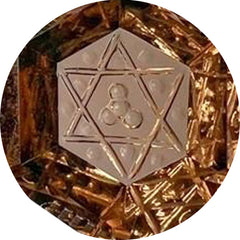 SMOKY QUARTZ (26)
SMOKY QUARTZ (26)
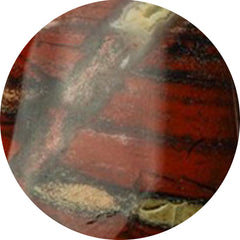 SNAKESKIN JASPER (54)
SNAKESKIN JASPER (54)
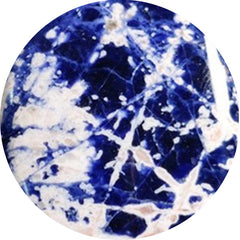 SODALITE (82)
SODALITE (82)
 SOLAR AGATE (0)
SOLAR AGATE (0)
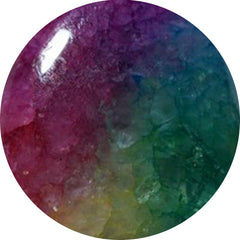 SOLAR QUARTZ (53)
SOLAR QUARTZ (53)
 SPECTROLITE (68)
SPECTROLITE (68)
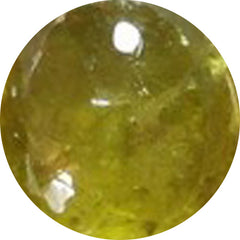 SPHENCE (25)
SPHENCE (25)
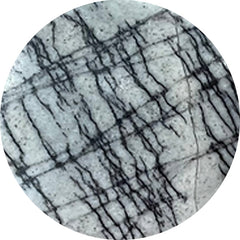 SPIDERWEB JASPER (4)
SPIDERWEB JASPER (4)
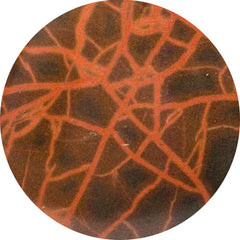 SPIDERWOMAN JASPER (0)
SPIDERWOMAN JASPER (0)
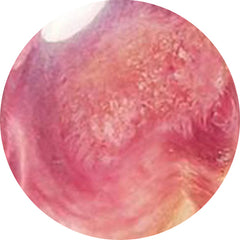 SPINY OYSTER SHELL (59)
SPINY OYSTER SHELL (59)
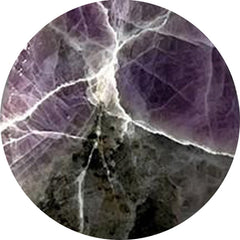 SPURRITE (7)
SPURRITE (7)
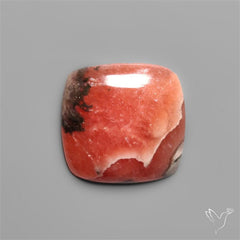 Square Shape Gemstones (11)
Square Shape Gemstones (11)
 STARBURST (1)
STARBURST (1)
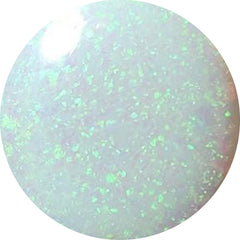 STERLING OPAL (1)
STERLING OPAL (1)
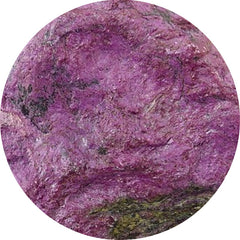 Stichtite (38)
Stichtite (38)
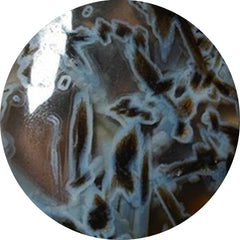 STICK AGATE (8)
STICK AGATE (8)
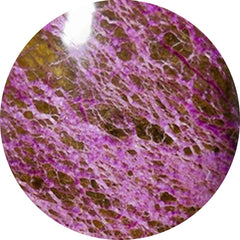 STITCHTITE (125)
STITCHTITE (125)
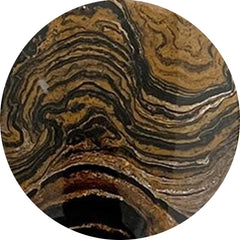 STRAMATOLITE (0)
STRAMATOLITE (0)
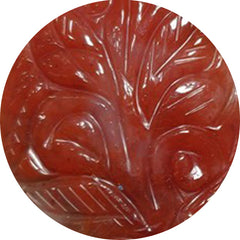 STRAWBERRY QUARTZ (13)
STRAWBERRY QUARTZ (13)
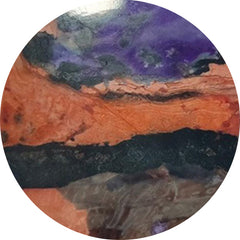 SUGILITE (1)
SUGILITE (1)
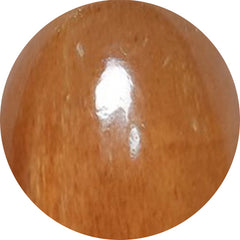 SUNSTONE (205)
SUNSTONE (205)
 SURFITE (1)
SURFITE (1)
 SWISS BLUE TOPAZ (34)
SWISS BLUE TOPAZ (34)
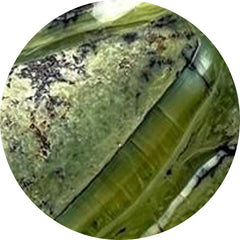 SWISS OPAL (0)
SWISS OPAL (0)
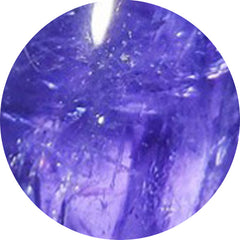 TANZANITE (30)
TANZANITE (30)
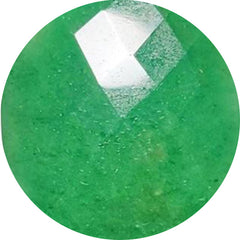 TANZURINE (11)
TANZURINE (11)
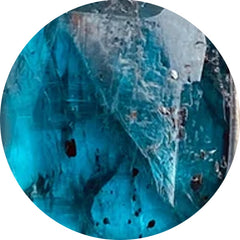 TEAL KYANITE (9)
TEAL KYANITE (9)
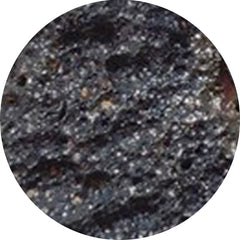 TEKTITE (42)
TEKTITE (42)
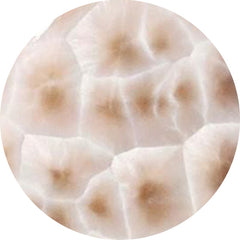 THOMSONITE (36)
THOMSONITE (36)
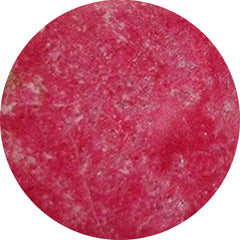 THULITE (89)
THULITE (89)
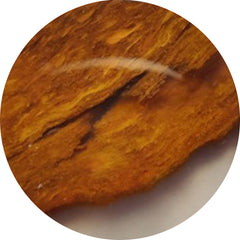 THUNDER EGG AGATE (0)
THUNDER EGG AGATE (0)
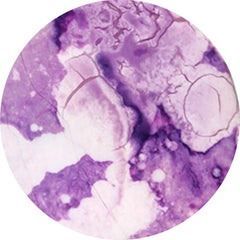 TIFFANY STONE (8)
TIFFANY STONE (8)
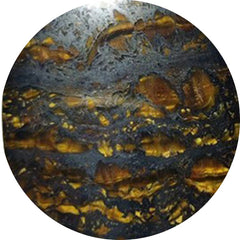 TIGER EYE (69)
TIGER EYE (69)
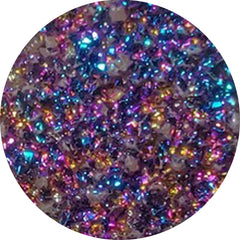 TITANIUM DRUZY (5)
TITANIUM DRUZY (5)
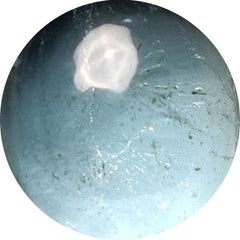 TOPAZ (65)
TOPAZ (65)
 TOURMALINE (185)
TOURMALINE (185)
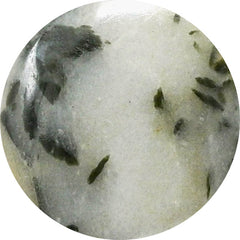 TOURMALINE IN QUARTZ (87)
TOURMALINE IN QUARTZ (87)
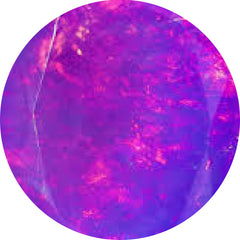 TREATED OPAL (37)
TREATED OPAL (37)
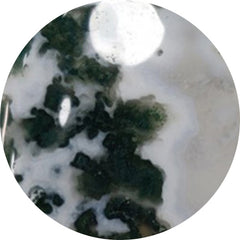 TREE AGATE (31)
TREE AGATE (31)
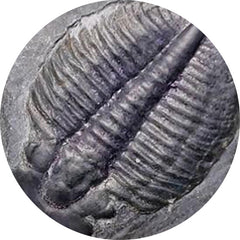 TRILOBITE FOSSIL (14)
TRILOBITE FOSSIL (14)
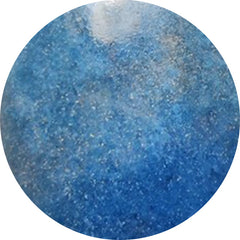 TROLLEITE QUARTZ (30)
TROLLEITE QUARTZ (30)
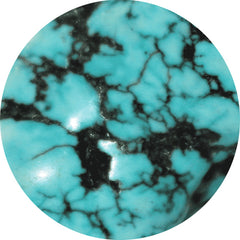 TUMBLES (1)
TUMBLES (1)
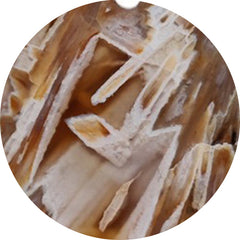 TURKISH TUBE AGATE (64)
TURKISH TUBE AGATE (64)
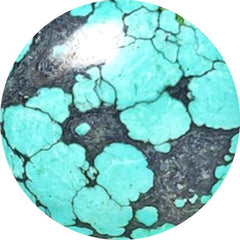 TURQUOISE (283)
TURQUOISE (283)
 TURRITELLA JASPER (2)
TURRITELLA JASPER (2)
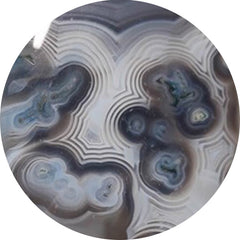 TUXEDO AGATE (75)
TUXEDO AGATE (75)
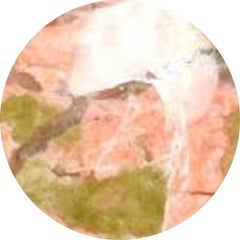 Unakite (5)
Unakite (5)
 UNDER $10 (4320)
UNDER $10 (4320)
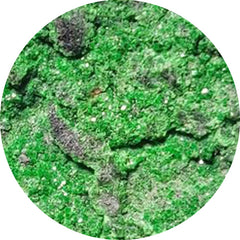 UVAROVITE GARNET (3)
UVAROVITE GARNET (3)
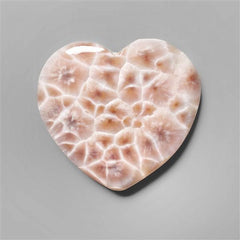 Valentine (740)
Valentine (740)
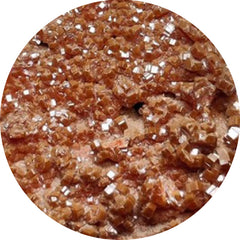 VANADINITE DRUZY (9)
VANADINITE DRUZY (9)
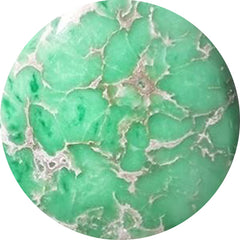 VARISCITE (135)
VARISCITE (135)
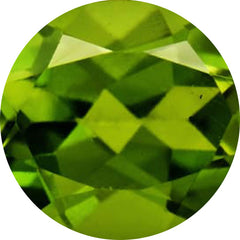 VESUVIANITE (1)
VESUVIANITE (1)
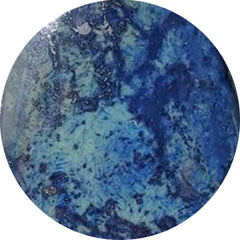 VIVIANITE (0)
VIVIANITE (0)
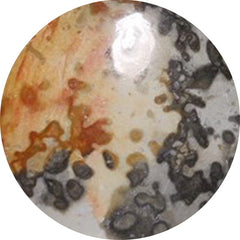 VOLCANIC COTHAM MARBLE (7)
VOLCANIC COTHAM MARBLE (7)
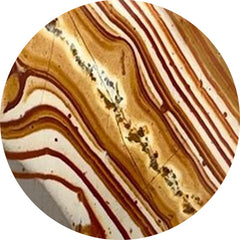 WAGUL JASPER (3)
WAGUL JASPER (3)
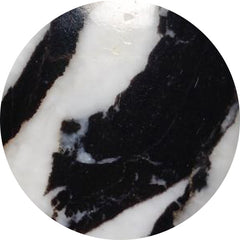 WHITE BUFFALO TURQUOISE (24)
WHITE BUFFALO TURQUOISE (24)
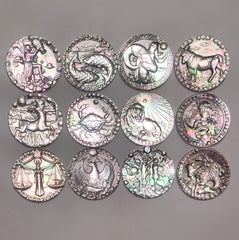 White Gemstones (1083)
White Gemstones (1083)
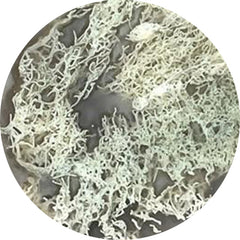 WHITE HORSE CANYON (47)
WHITE HORSE CANYON (47)
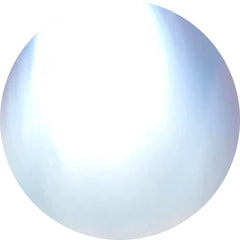 WHITE MOONSTONE (43)
WHITE MOONSTONE (43)
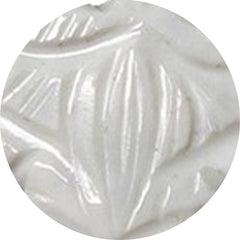 WHITE OPAL (13)
WHITE OPAL (13)
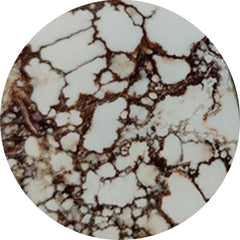 WILD HORSE JASPER (128)
WILD HORSE JASPER (128)
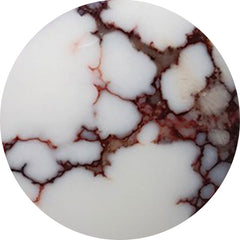 WILD HORSE MAGNESITE (51)
WILD HORSE MAGNESITE (51)
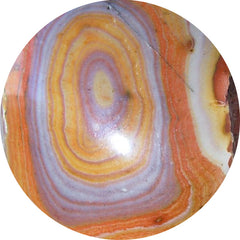 WONDER STONE (1)
WONDER STONE (1)
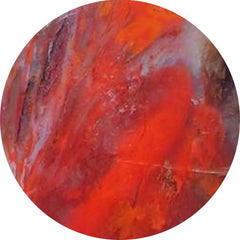 WOOD (207)
WOOD (207)
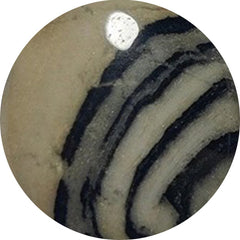 YAVAPAI TRAVERTINE (0)
YAVAPAI TRAVERTINE (0)
 Yellow Gemstones (163)
Yellow Gemstones (163)
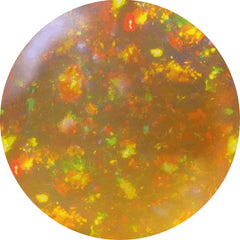 YELLOW OPAL (8)
YELLOW OPAL (8)
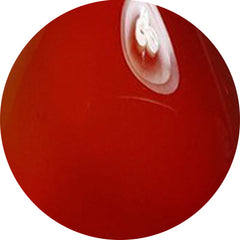 YEMENI AQEEQ (0)
YEMENI AQEEQ (0)
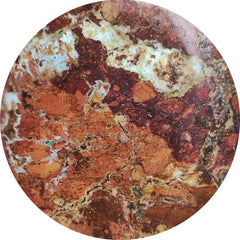 ZARINITE (0)
ZARINITE (0)
 ZEBRA JASPER (1)
ZEBRA JASPER (1)
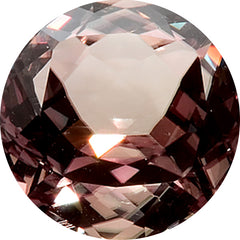 ZULTANITE (5)
ZULTANITE (5)



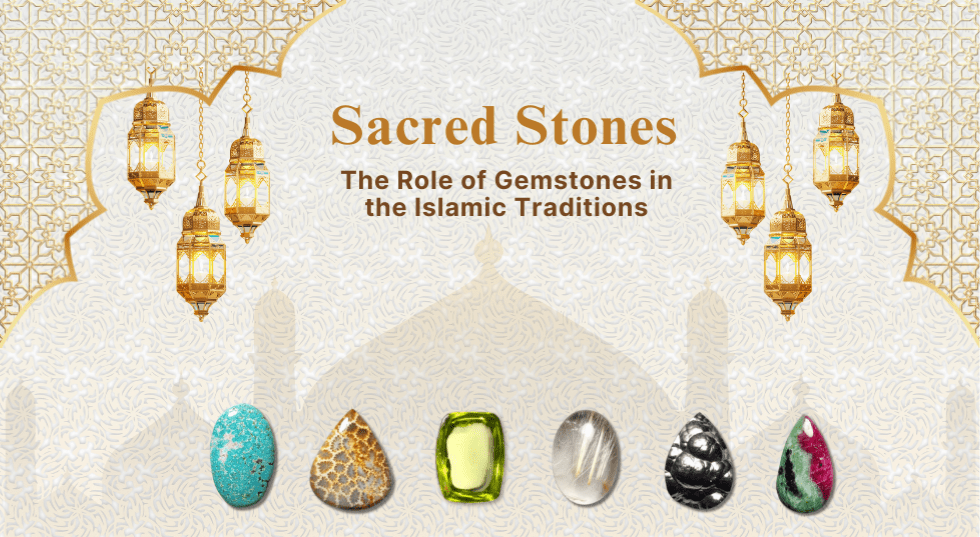












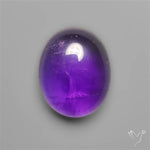
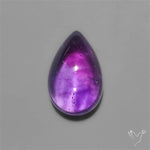
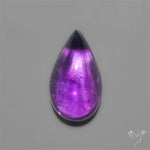
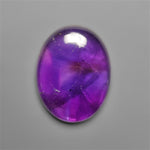



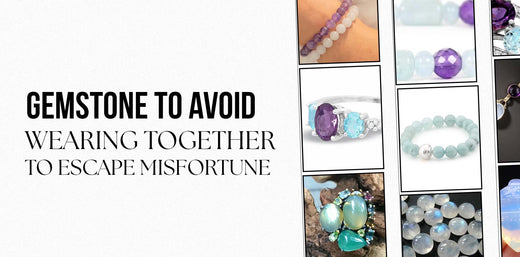


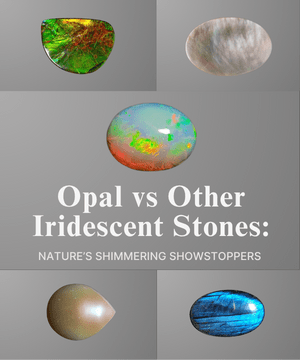

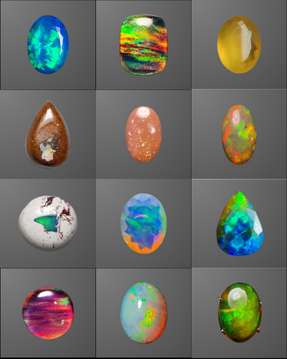




Leave a Comment